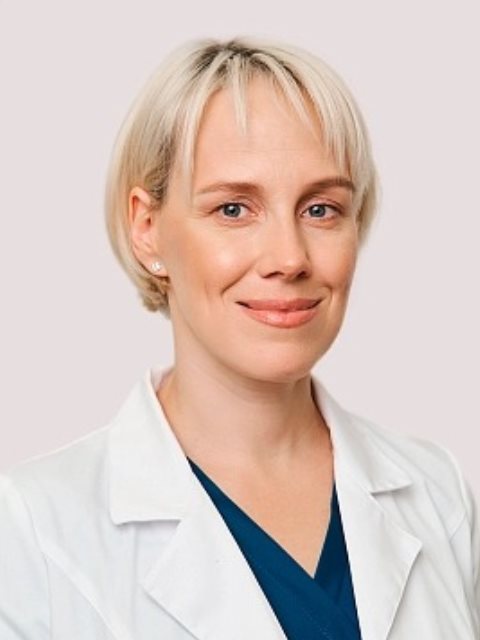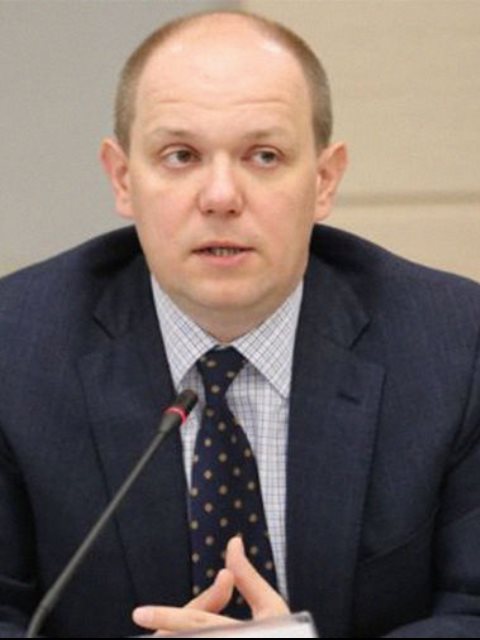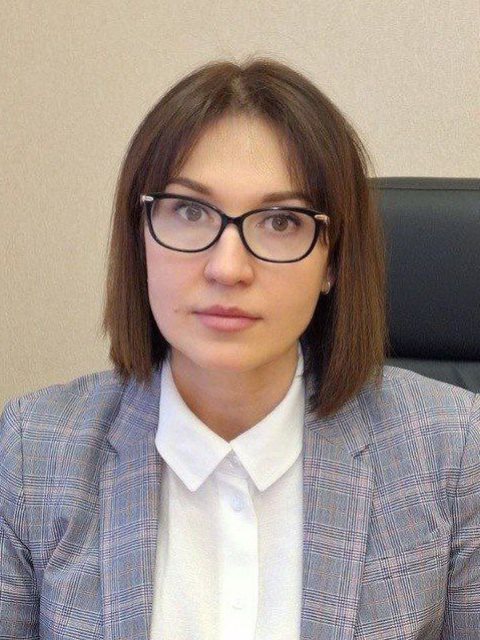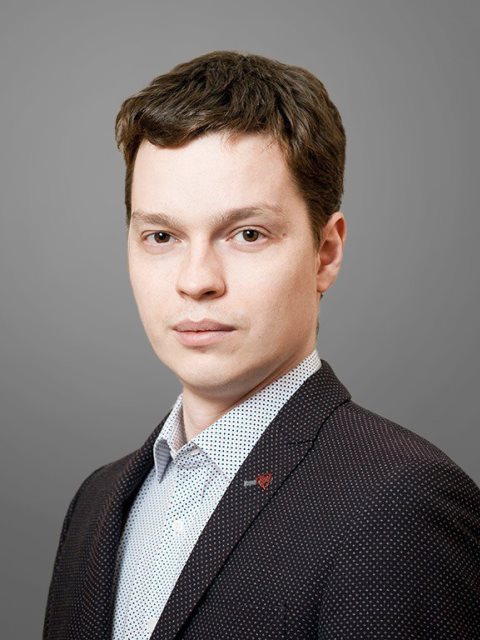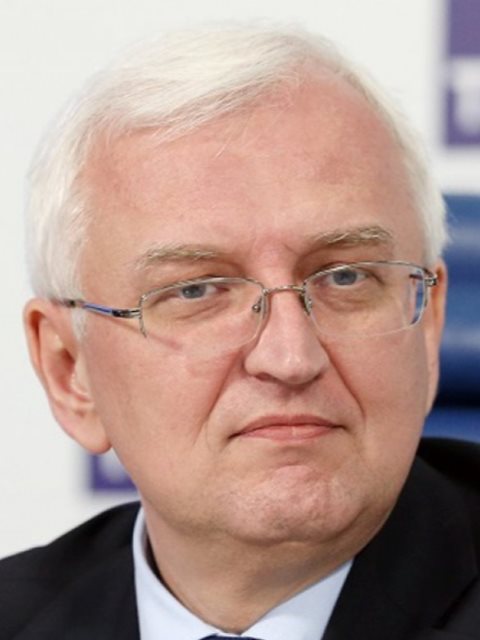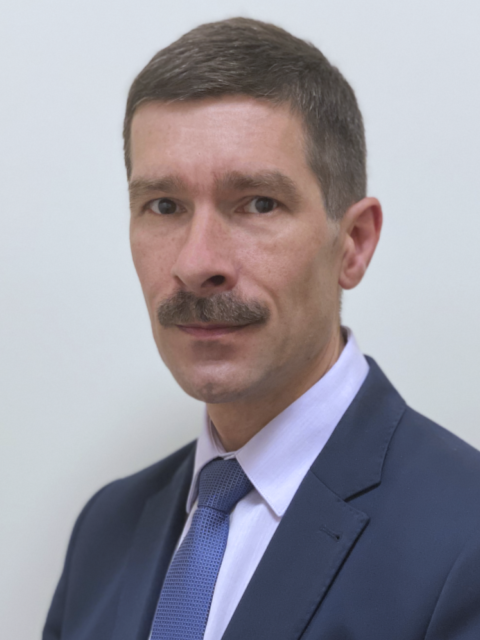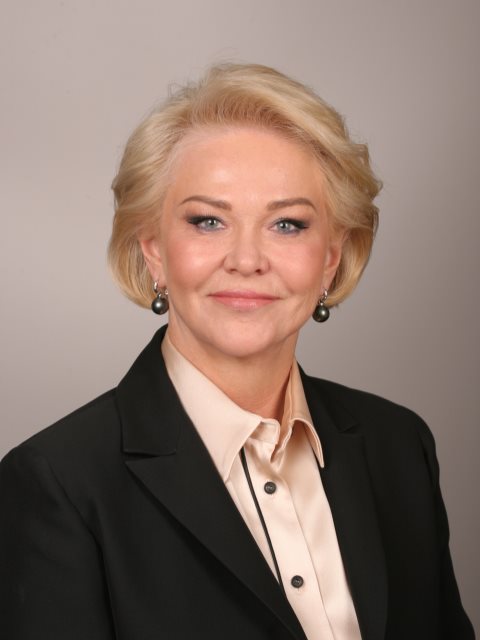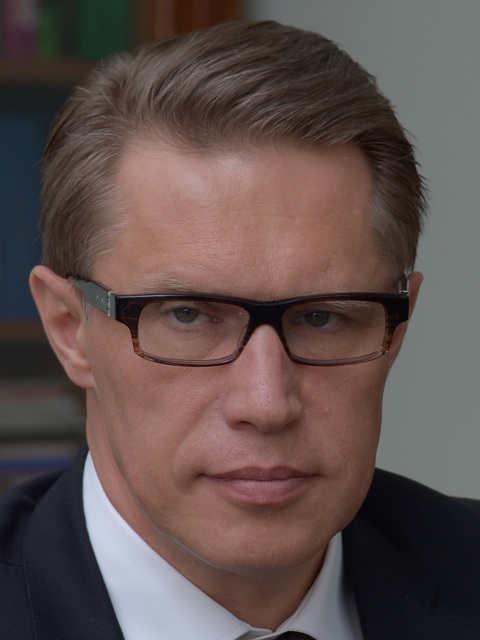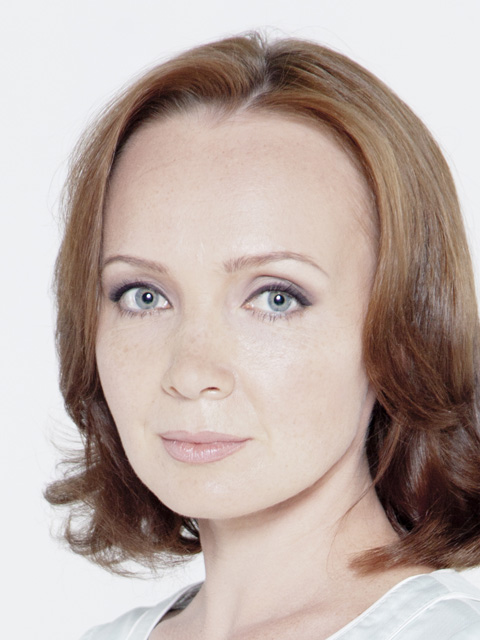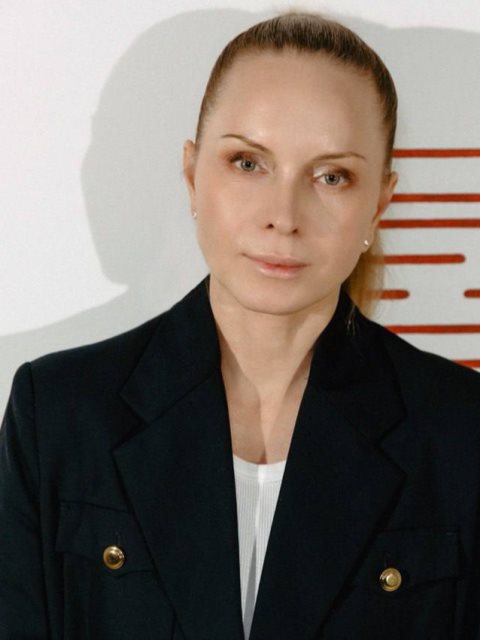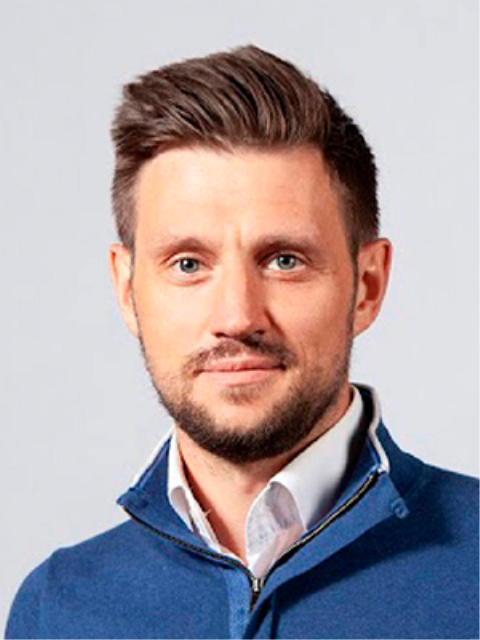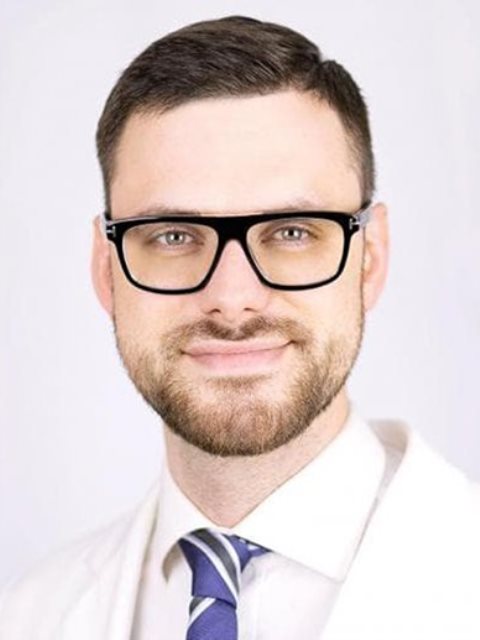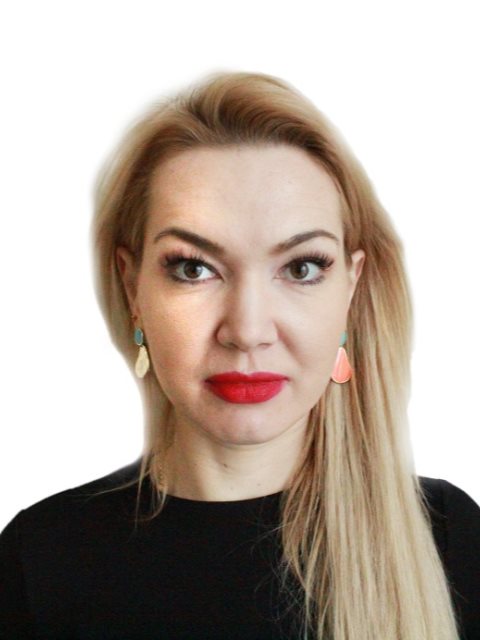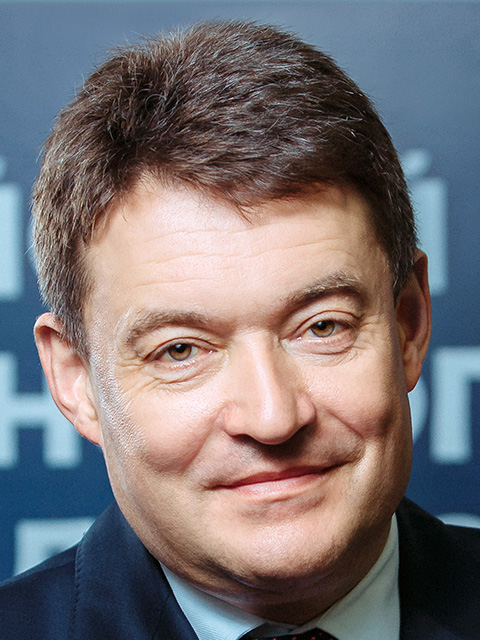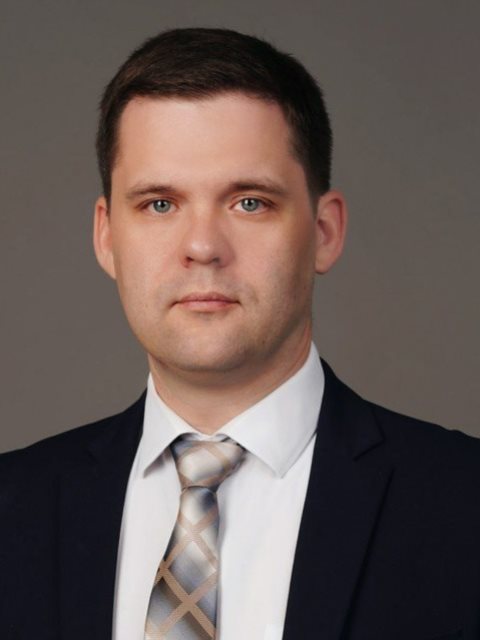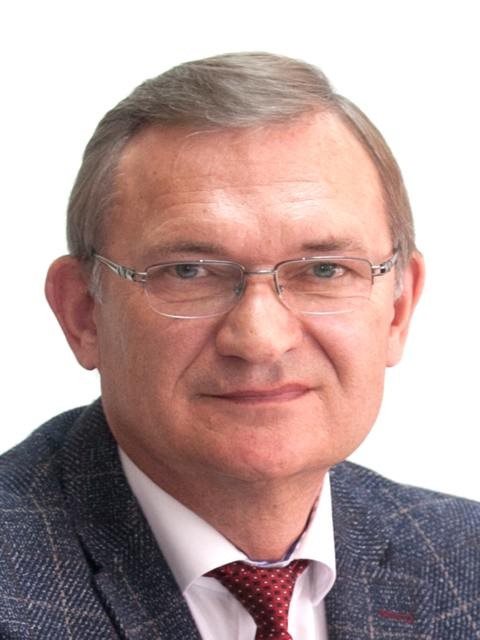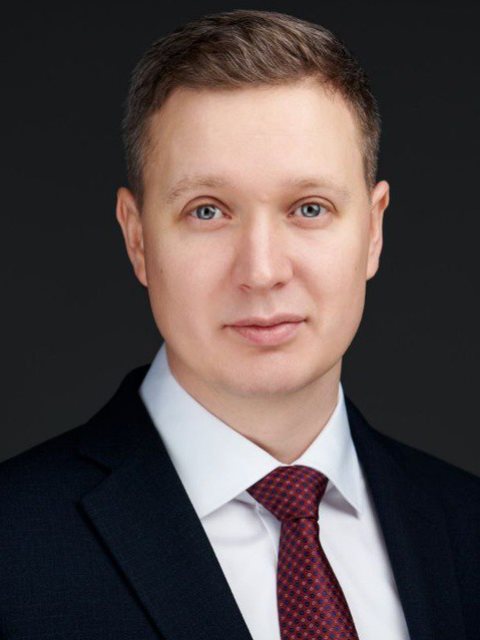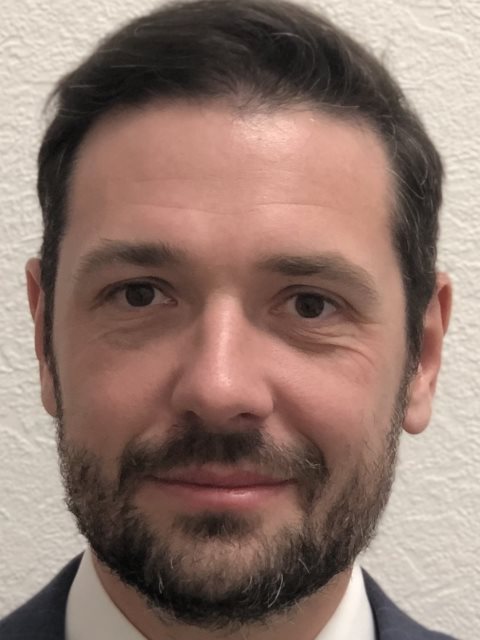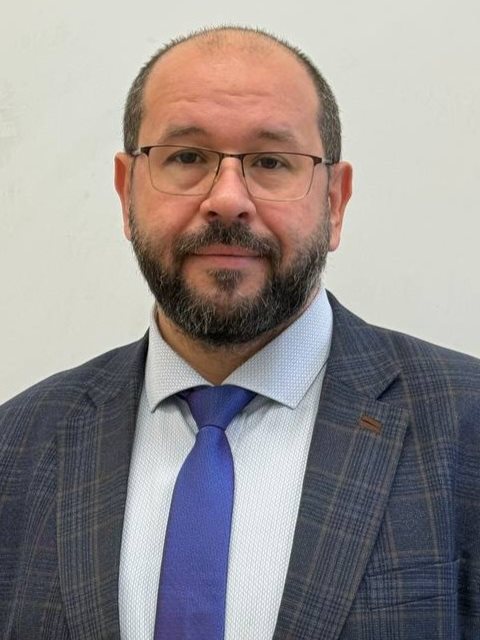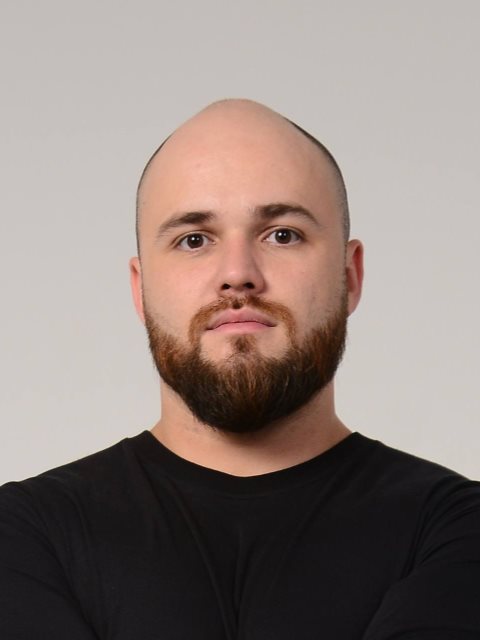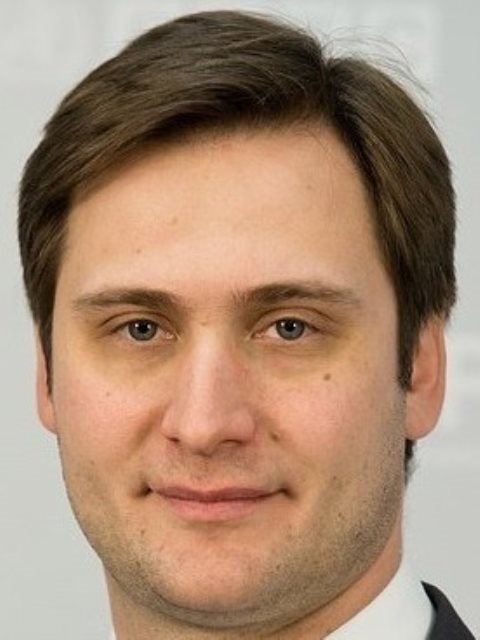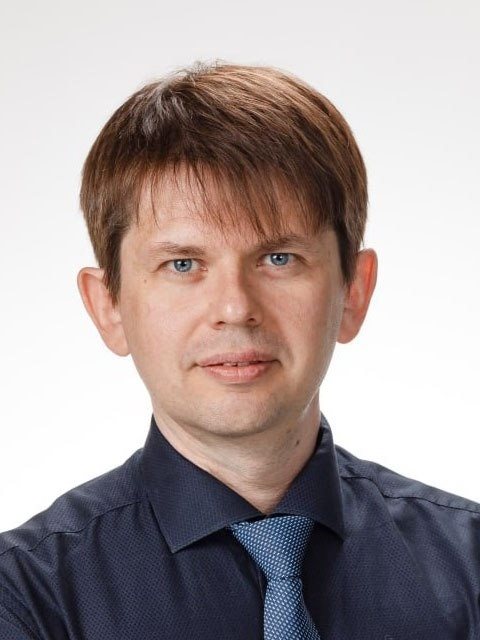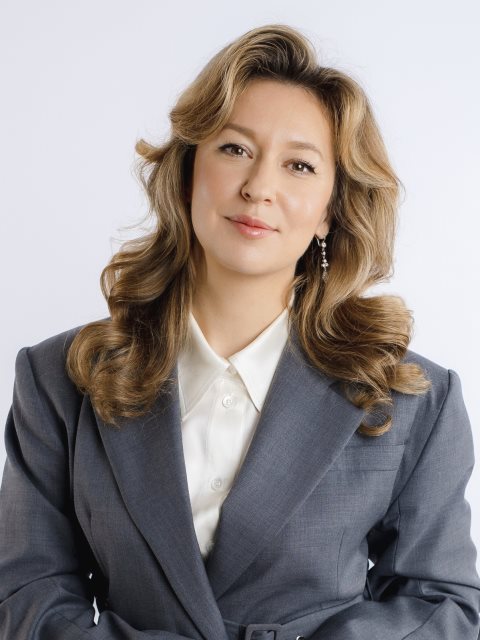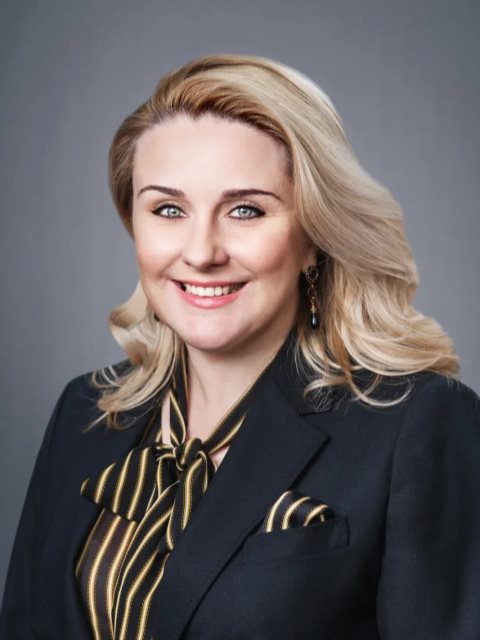NATIONAL
HEALTHCARE 2025
Business programme
Primary Healthcare: The Foundation of Public Health
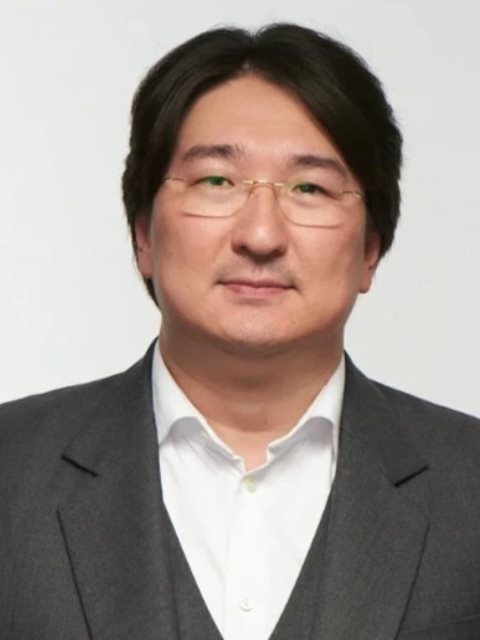
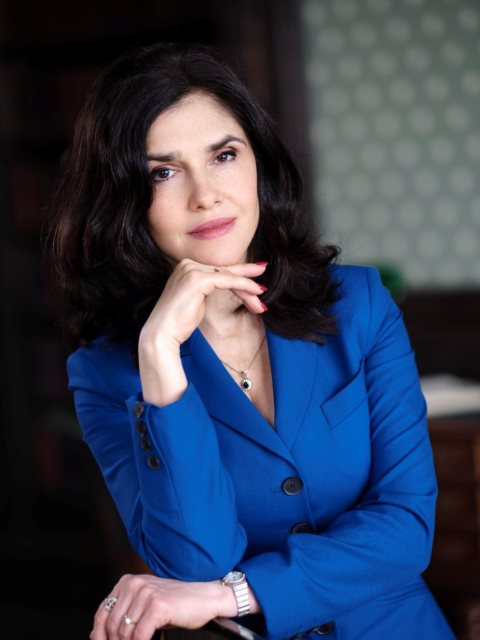
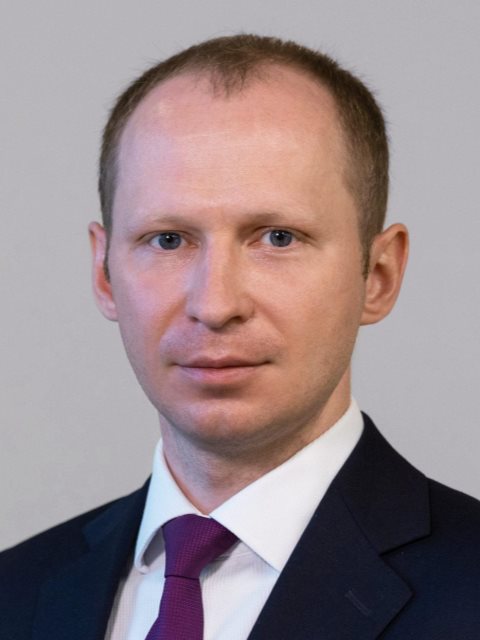
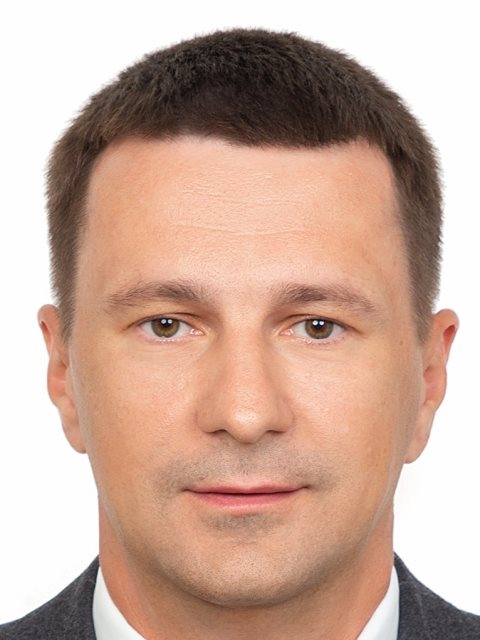
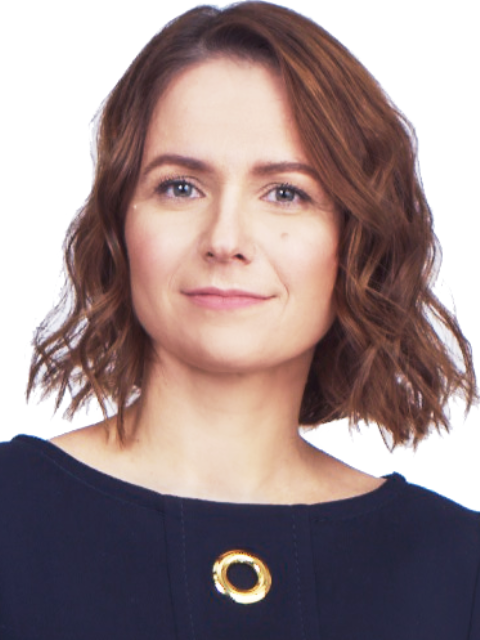
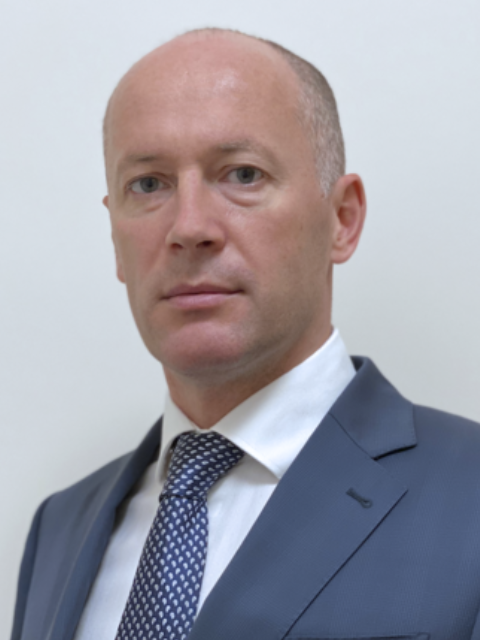
Open event
- 09:00–10:15
- National Center “Russia”, conference hall 2, 2nd floor
- Broadcast
Speakers

Badma Bashankaev
First Deputy Chairman of the Committee of the State Duma of the Federal Assembly of the Russian Federation on Health Protection
Oksana Drapkina
Director, National Health and Research Centre of Preventive Healthcare, Ministry of Health of the Russian Federation
Dmitry Degtyarev
Director of the Department of Territorial Development Planning of the Ministry of Economic Development of Russia
Maxim Zabelin
Deputy Chairman of the Government – Minister of Health of the Moscow Region
Irina Osadchaya
Deputy General Director for Communication Projects, National Priorities
Victor Fisenko
First Deputy Minister of Health of the Russian Federation
Diabetes: Modern Strategies
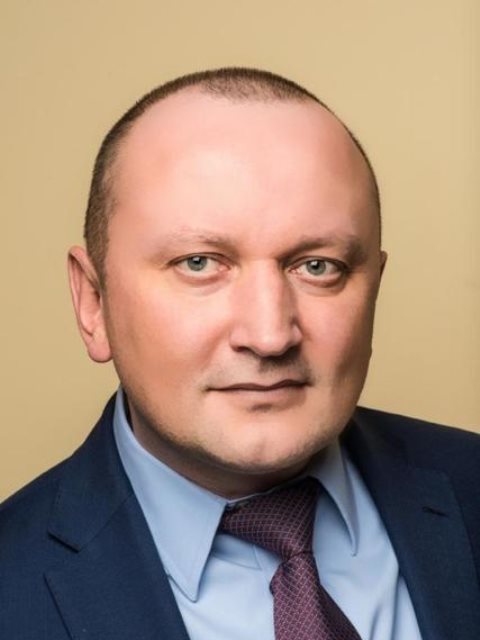
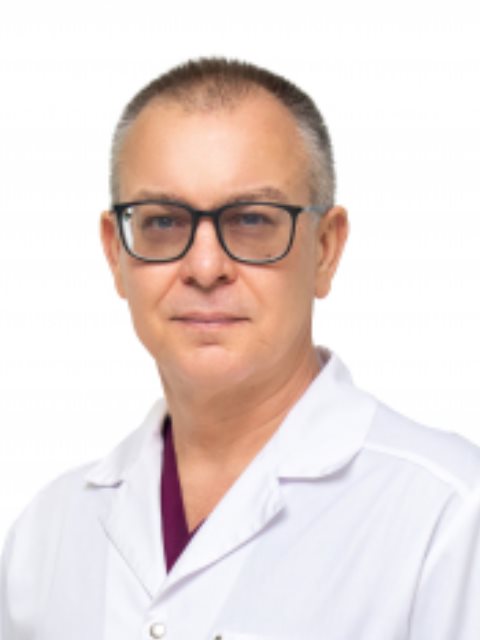
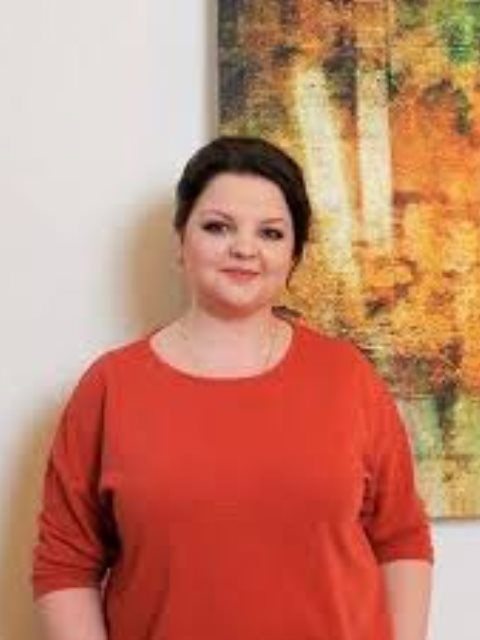
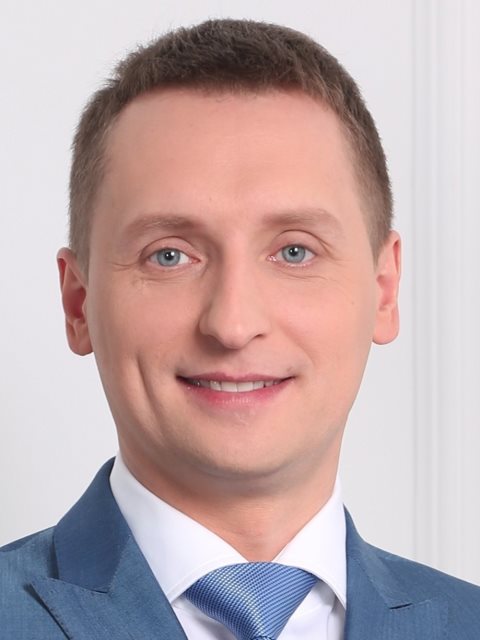
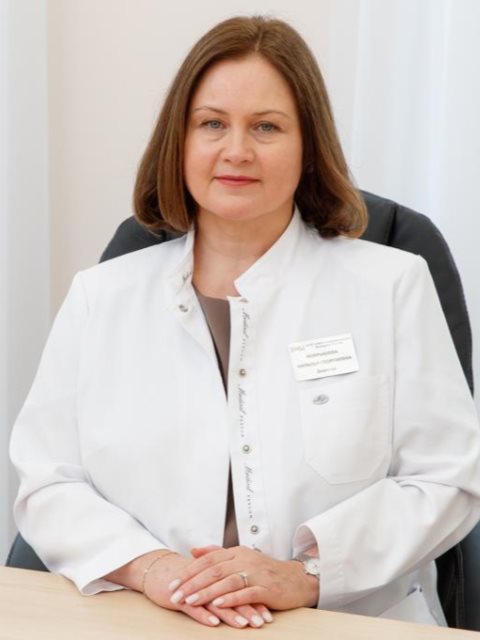
Open event
- 09:00–10:15
- National Center “Russia”, conference hall 3, 2nd floor
- Broadcast
Speakers

Evgeny Kamkin
Deputy Minister of Health of the Russian Federation
Alexey Kiyaev
Chief Pediatric Endocrinologist, Ministry of Health of the Sverdlovsk Region; Head of the Regional Center for Pediatric Endocrinology, Regional Children's Clinical Hospital
Tamara Kozyreva
Director, Agency for the Development of Initiatives in the Field of Health Care; head of the "Help to the First" project
Vladimir Kuimov
Deputy Governor of the Vladimir Region
Natalia Mokrysheva
Director, I.I. Dedov National Medical Research Center of Endocrinology of the Ministry of Health of the Russian Federation; Academician, Russian Academy of Sciences
The Role of Medical Universities in Staffing Regional Healthcare Systems
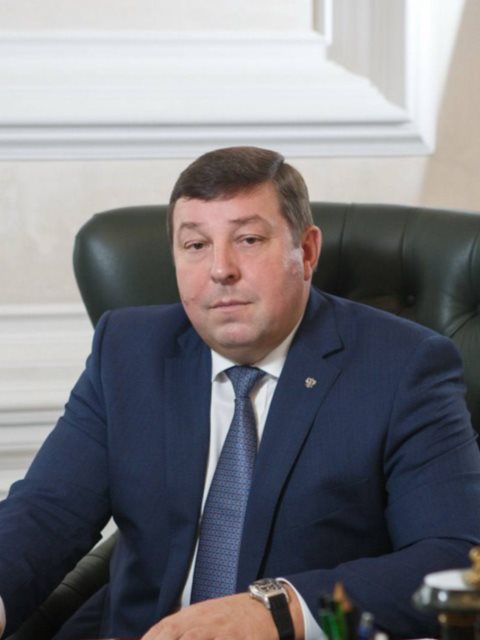
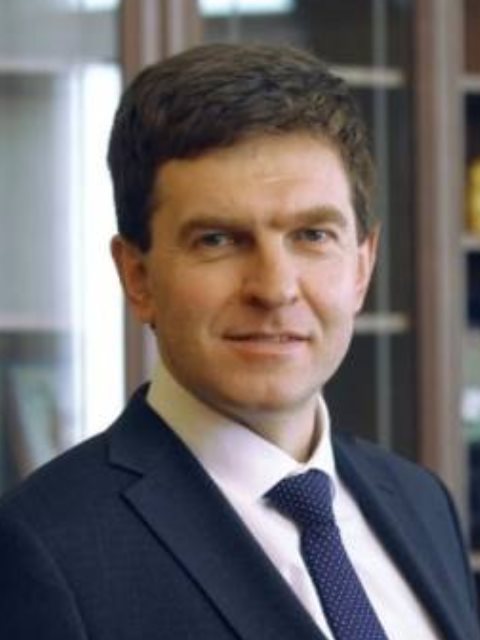
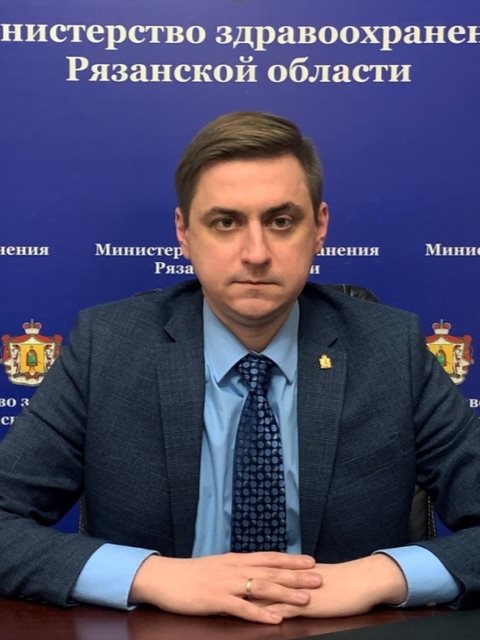
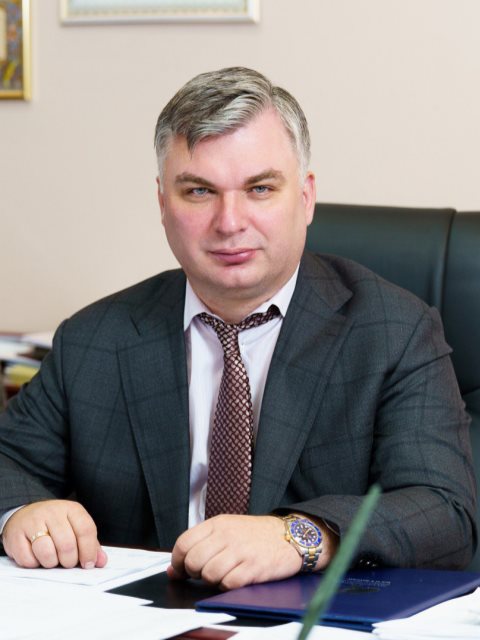
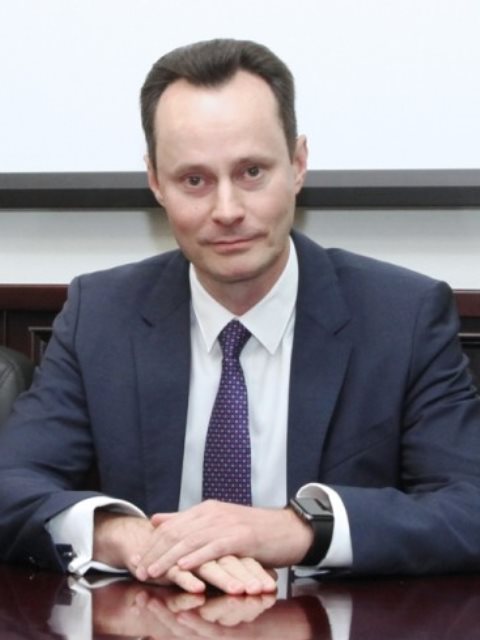
Open event
- 09:00–10:15
- National Center “Russia”, conference hall 4, Space of Opportunities, 2nd floor
- Broadcast
Speakers

Peter Glybochko
Rector, I.M. Sechenov First Moscow State Medical University of the Ministry of Health of the Russian Federation
Nikolai Karyakin
Rector, Privolzhsky Research Medical University of the Ministry of Health of the Russian Federation
Alexander Pshennikov
Deputy Chairman of the Government of the Ryazan Region –Minister of Health of the Ryazan Region
Viktor Fomin
Acting Rector, Russian Medical Academy of Continuous Professional Education of the Ministry of Health of the Russian Federation
Vladimir Shkarin
Rector, Volgograd State Medical University of the Russian Ministry of HealthFront row participant
Data-Driven Resource Management as a Driver of Regional Healthcare Development
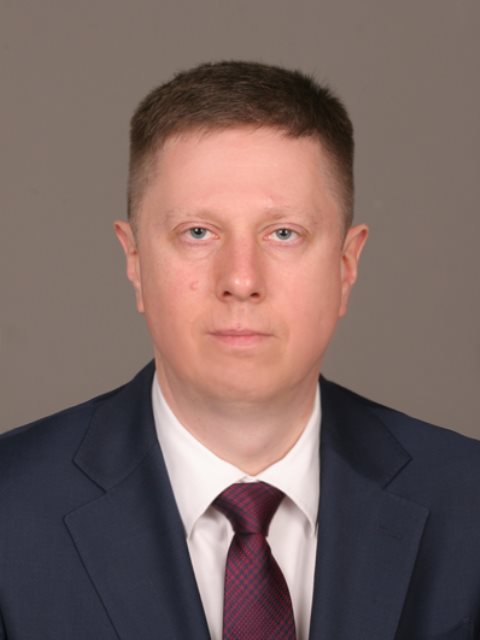
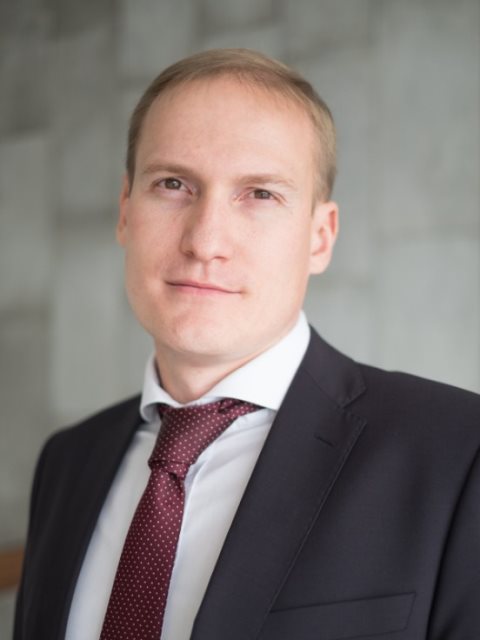
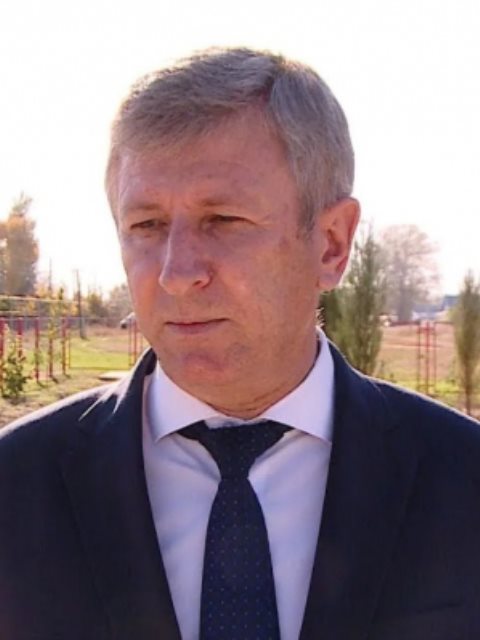
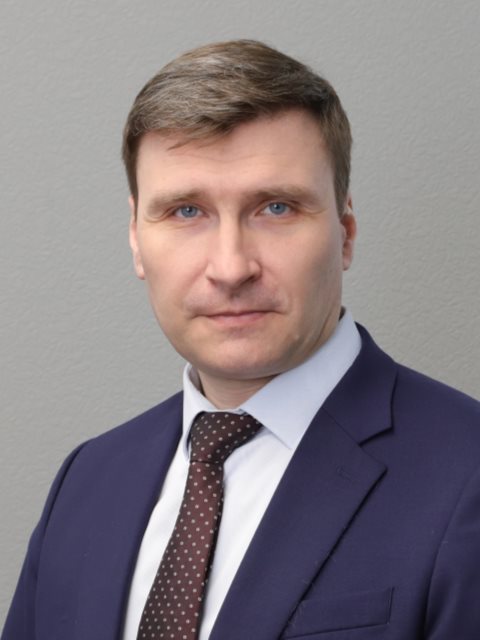
Open event
- 09:00–10:15
- National Center “Russia”, press room, 4th floor
- Broadcast
Speakers

Ilya Balanin
Chairman, Federal Mandatory Medical Insurance Fund (FOMS)
Evgeny Gradoboev
Director, Territorial Fund of Compulsory Medical Insurance of the Irkutsk Region
Anatoly Sebelev
Chairman of the Health Committee of the Volgograd Region
Dmitry Temnov
Director, Department of Digital Development and Information Technology, Ministry of Health of the Russian Federation
Best regional management practices
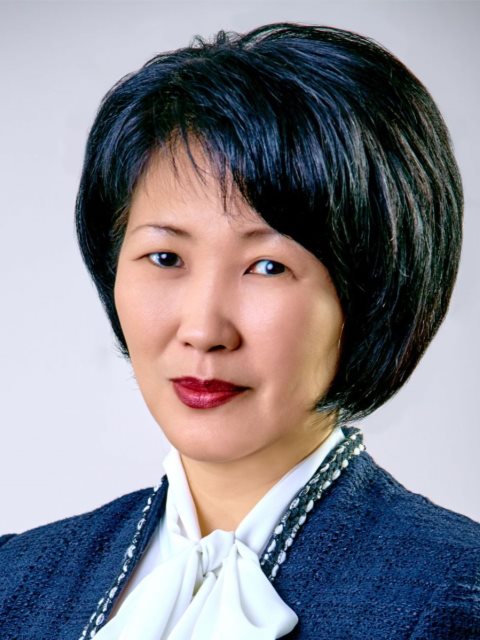
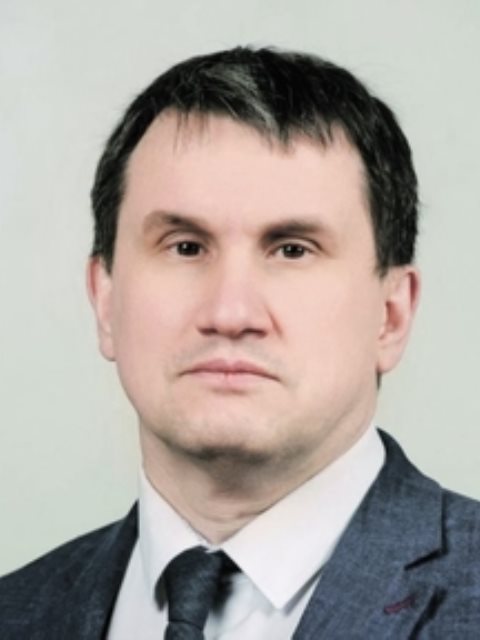
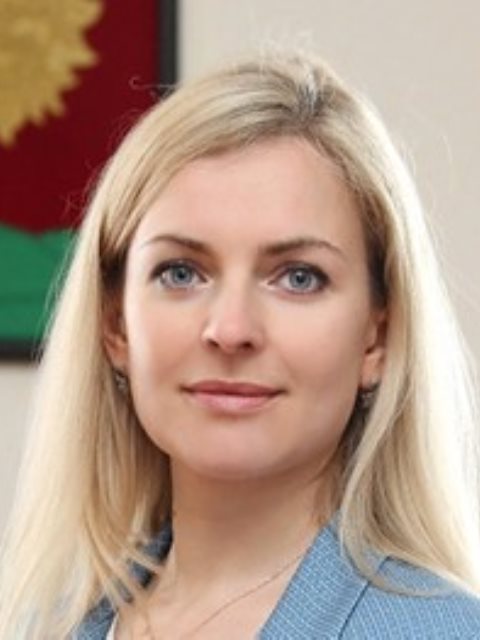

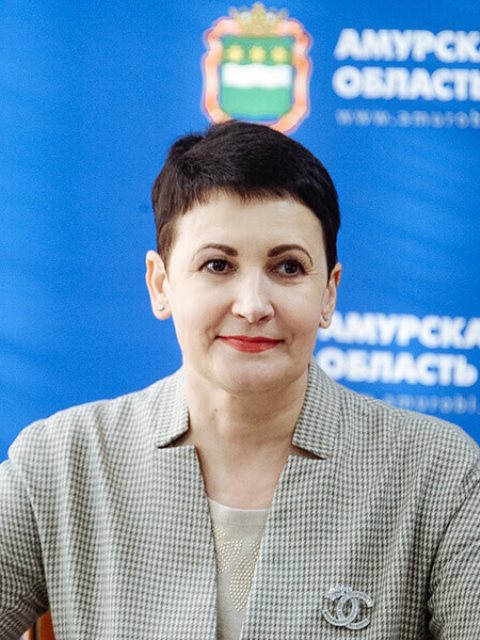
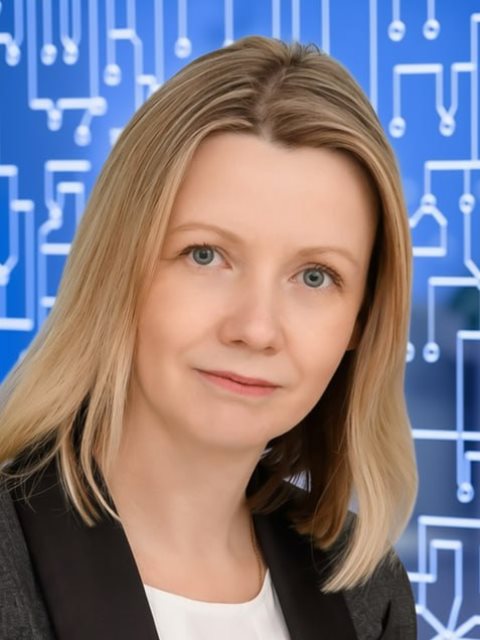
Open event
- 09:00–12:40
- Broadcast
Moderators
Speakers

Lena Afanasieva
Acting Minister of Health of the Republic of Sakha (Yakutia)
Igor Banin
Minister of Health of the Voronezh Region
Olga Beloglazova
Deputy Governor of the Lipetsk Region
Maxim Zabelin
Deputy Chairman of the Government – Minister of Health of the Moscow Region
Svetlana Leontieva
Deputy Chairman of the Government of the Amur Region, Minister of Health of the Amur Region
Modern Approaches to Combatting Chronic Noncommunicable Diseases


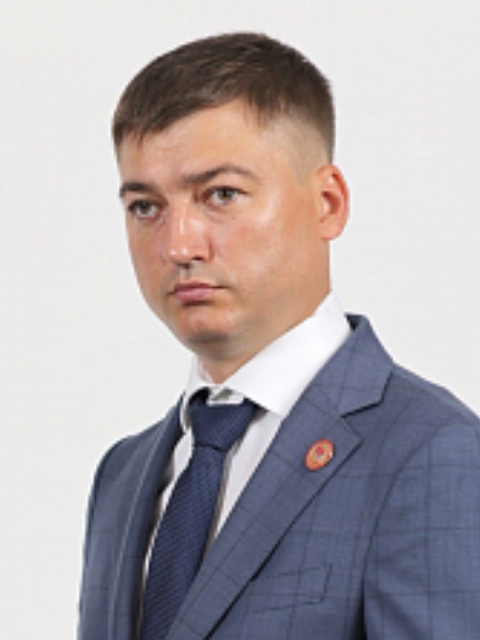
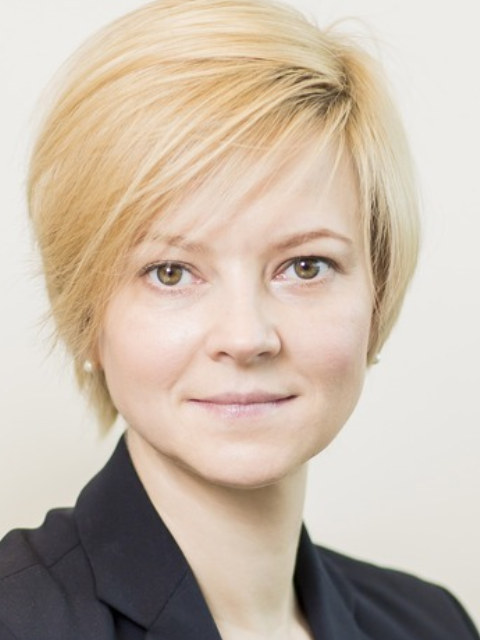
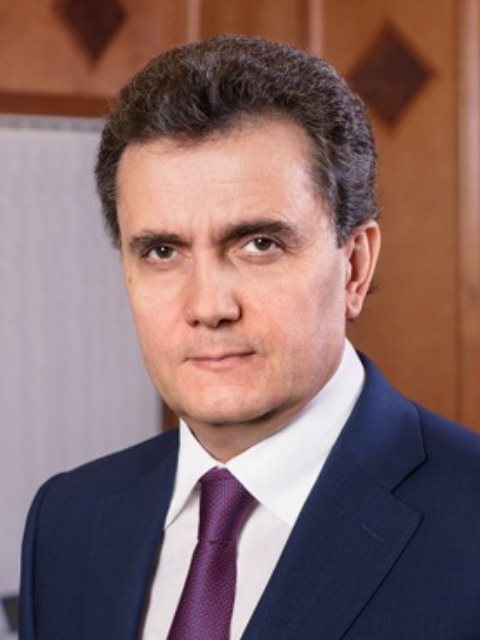
Open event
- 10:45–12:00
- National Center “Russia”, conference hall 4, Space of Opportunities, 2nd floor
- Broadcast
Speakers

Sergey Boytsov
Director, National Medical Research Centre of Cardiology of the Ministry of Health of the Russian Federation; Chief Visiting Cardiologist Specialist of the Ministry of Health of the Russian Federation
Natalia Mokrysheva
Director, I.I. Dedov National Medical Research Center of Endocrinology of the Ministry of Health of the Russian Federation; Academician, Russian Academy of Sciences
Sergey Mukhin
Minister of Health of the Tula Region
Ekaterina Pogodina
Managing Director, Johnson & Johnson Innovative Medicine Russia and CIS; Chairman of the Board of Directors, Association of International Pharmaceutical Manufacturers
Ivan Stilidi
Director, N.N. Blokhin National Research Center of Oncology; Chief Visiting Oncologist Specialist of the Ministry of Health of the Russian Federation
Rare Doesn’t Mean Incurable: How Science Is Changing the Outlook for Patients
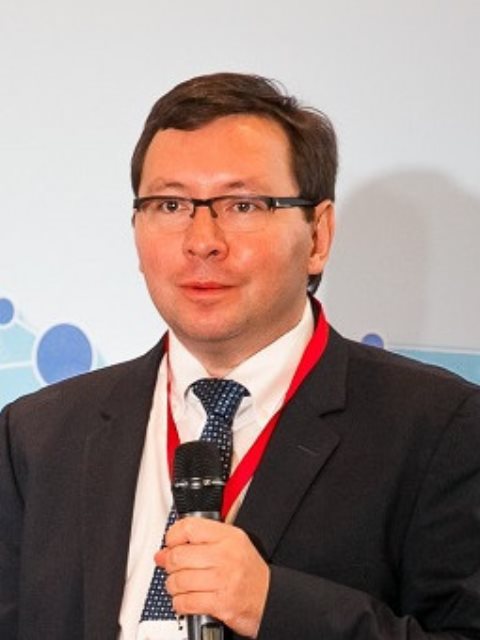

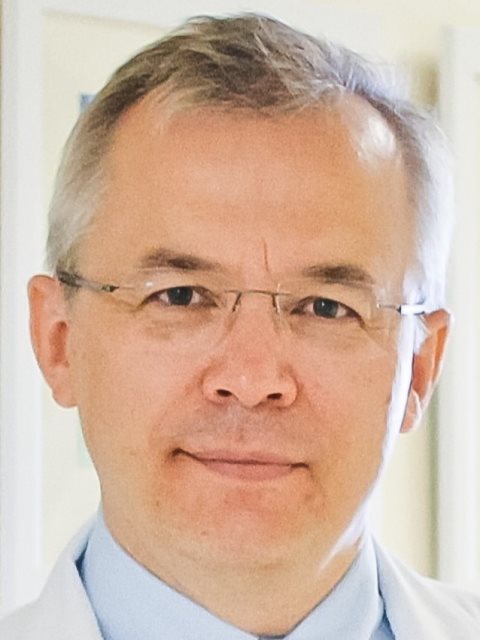
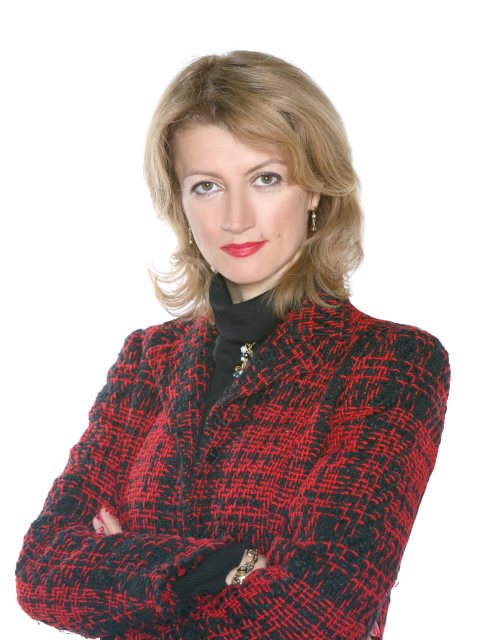
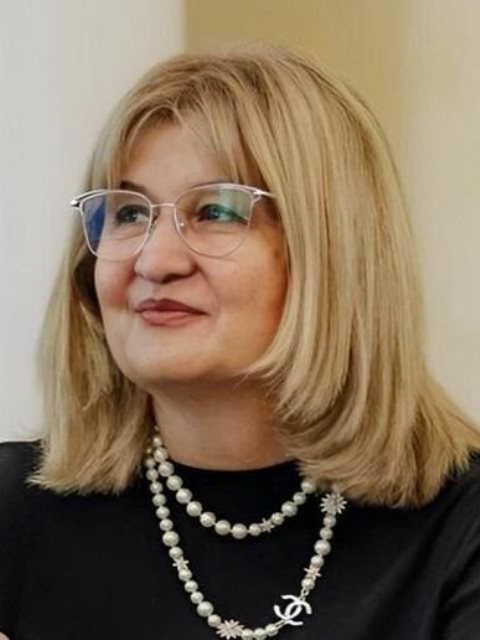
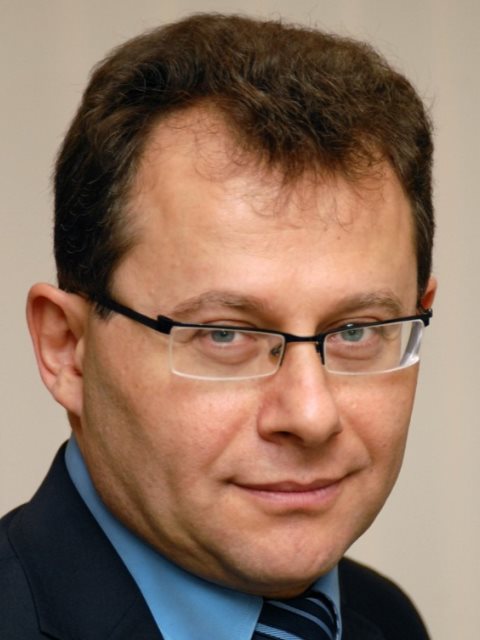
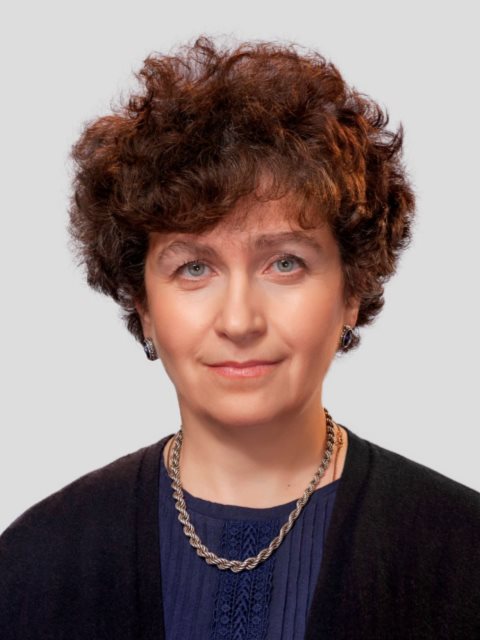
Open event
- 10:45–12:00
- National Center “Russia”, conference hall 3, 2nd floor
- Broadcast
Speakers

Sergey Glagolev
Deputy Minister of Health of the Russian Federation
Sergey Gotye
Director, Academician V.I. Shumakov National Medical Research Center for Transplantology and Artificial Organs of the Ministry of Health of the Russian Federation; Chief Freelance Specialist Transplantologist of the Ministry of Health of the Russian Federation
Alexander Kulagin
Director, R.M. Gorbacheva Research Institute of Pediatric Oncology, Hematology, and Transplantology; Vice-Rector for Research, First Pavlov State Medical University of St. Petersburg, Ministry of Health of the Russian Federation
Leila Namazova-Baranova
President, Union of Pediatricians of Russia; Chief Pediatric Specialist in Preventive Medicine of the Ministry of Health of the Russian Federation
Niso Odinaeva
Director, Research Clinical Institute of Childhood of the Ministry of Health of the Moscow Region; Chief Pediatrician of the Ministry of Health of the Moscow Region
Vitaliy Omelyanovskiy
General Director, Center for Healthcare Quality Assessment and Control of the Ministry of Health of the Russian Federation
Elena Petryaykina
Director, Russian Children's Clinical Hospital – Branch of N.I. Pirogov National Medical and Surgical Center of the Ministry of Health of the Russian Federation
Hacking the System: Creating New Opportunities for Healthcare in Genetic Engineering
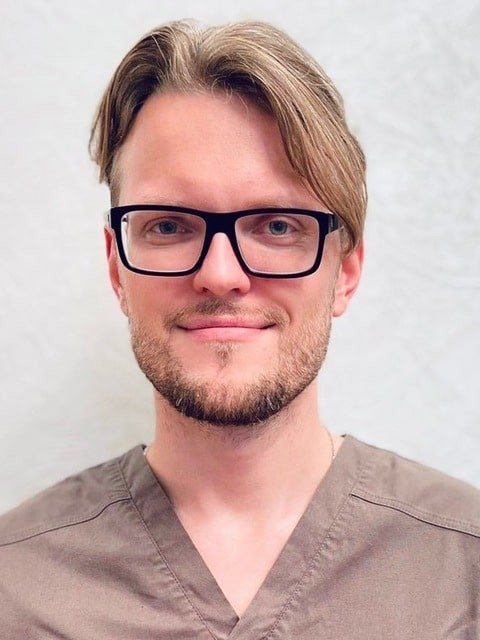
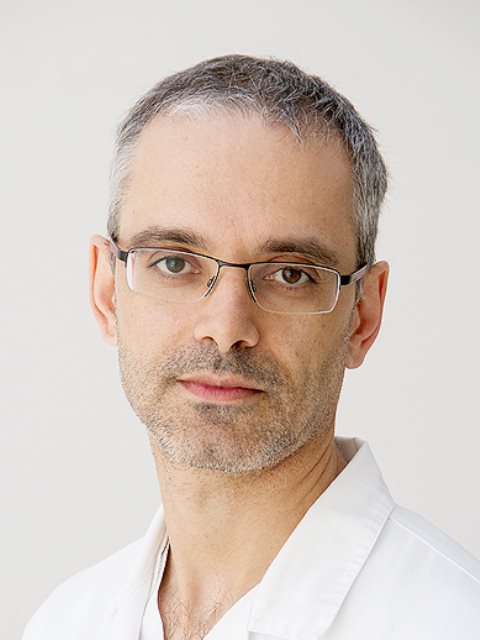
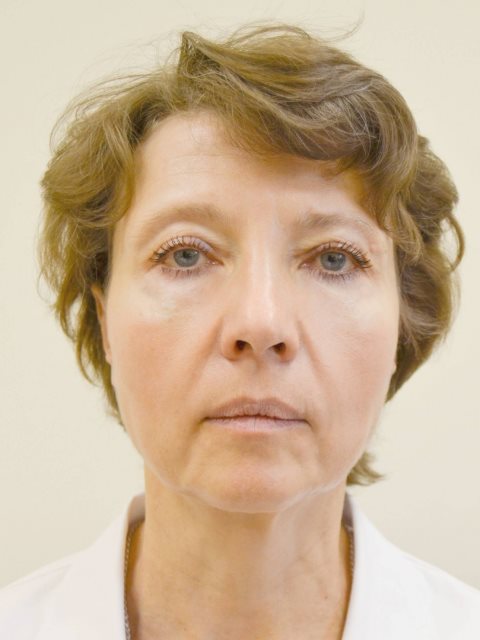
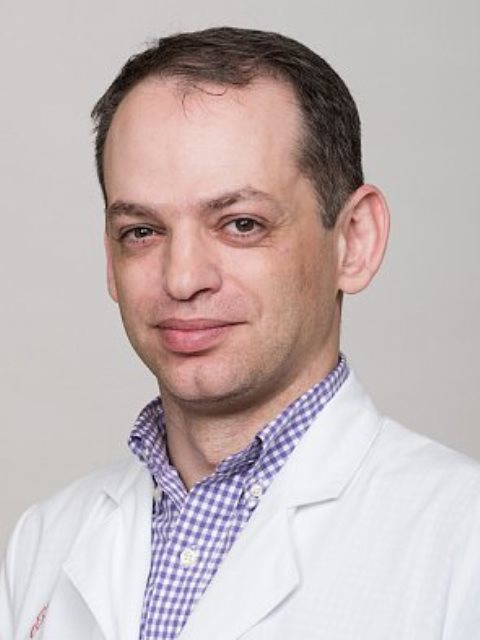

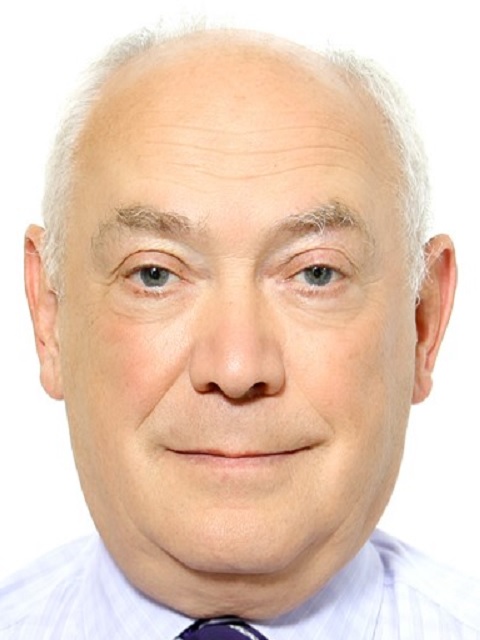
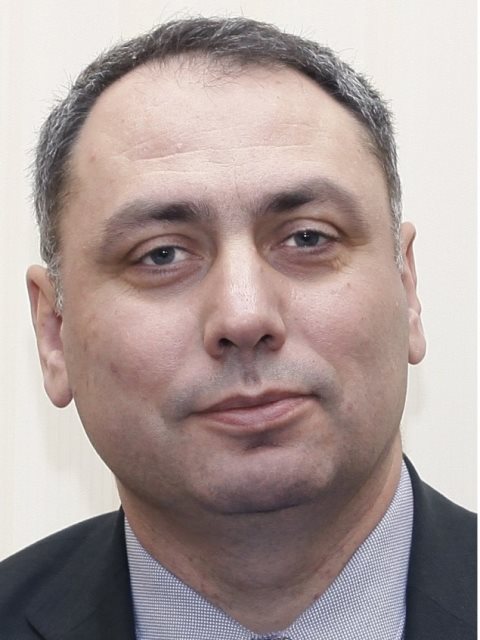
Open event
- 10:45–12:00
- National Center “Russia”, press room, 4th floor
- Broadcast
Speakers

Denis Baranovskii
Head of Local Projects, New Modalities, AstraZeneca
Mikhail Maschan
Deputy General Director - Director of the Institute of Hematology, Immunology and Cell Technologies, Dmitry Rogachev National Research Centre of Paediatric Haematology, Oncology and Immunology
Elena Parovichnikova
General Director, National Medical Research Center for Hematology of the Ministry of Health of the Russian Federation; Chief Visiting Specialist Hematologist of the Ministry of Health of the Russian Federation
Alexander Petrovskiy
Deputy Director for Educational Activities, N.N. Blokhin National Medical Research Center of Oncology оf the Ministry of Health of the Russian Federation
Vasily Reshetnikov
Head of the Group, Scientific Center for Translational Medicine, Sirius University
Aleksandr Rumyantsev
Deputy, State Duma of the Russian Federation; Professor, Department of Oncology, Hematology, and Radiation Therapy, N.I. Pirogov Russian National Research Medical University of the Ministry of Health of the Russian Federation; Academician of the Russian Academy of Sciences
Andrey Sarana
Chairman of the Healthcare Committee of St. Petersburg
The Future of Rehabilitation: From Recovery to Improving Quality of Life
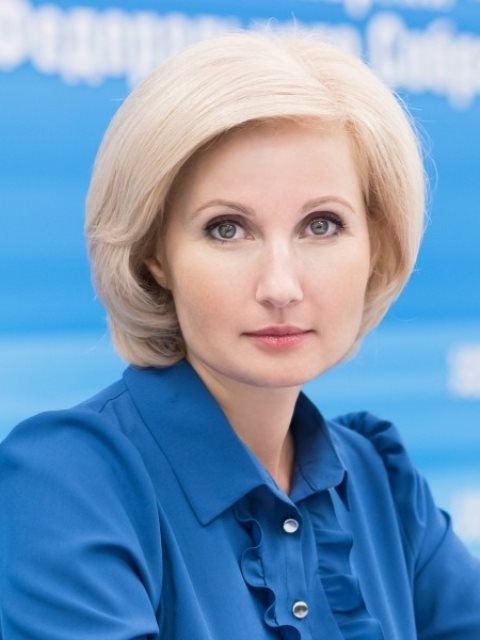

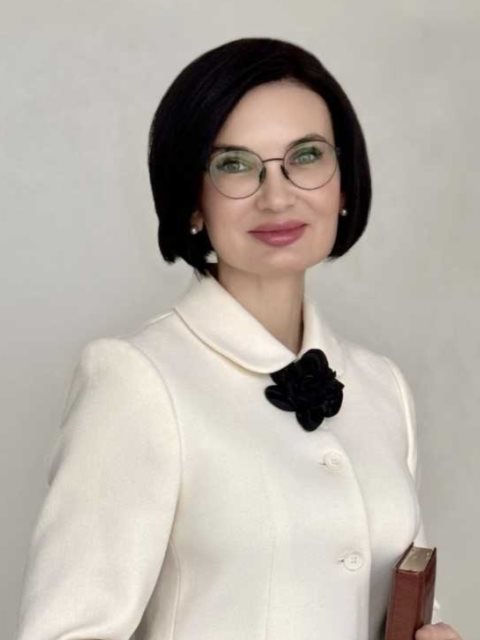

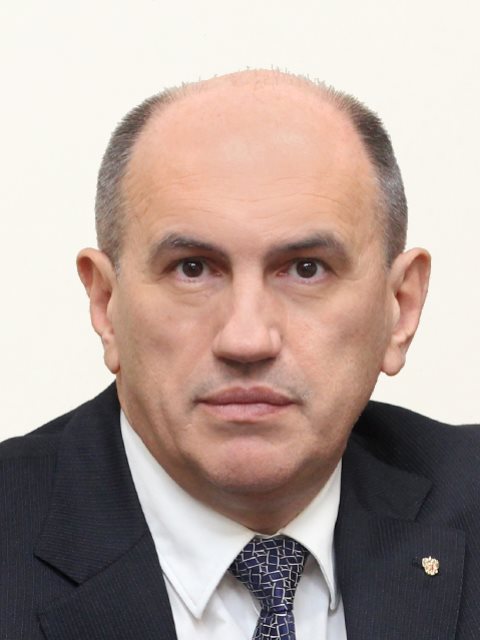

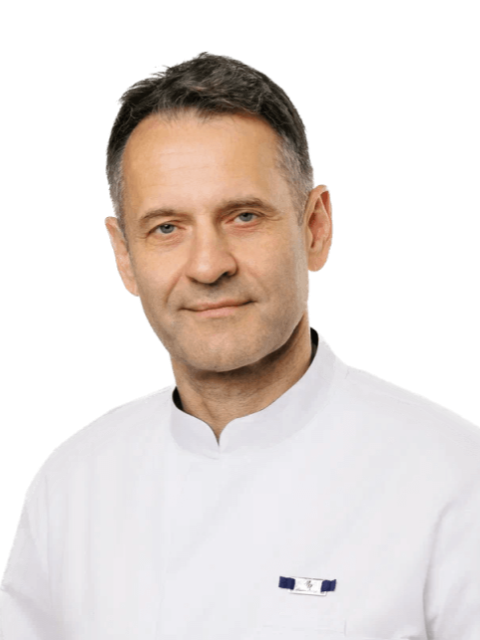
Open event
- 10:45–12:00
- National Center “Russia”, Congress Hall, 2nd floor
- Broadcast
Moderator
Speakers

Olga Batalina
First Deputy Minister of Labor and Social Protection of the Russian Federation
Evgeniy Shestopalov
Minister of Health of Primorsky Region
Natalya Zubareva
Director, National Medical Research Centre for Rehabilitation and Balneology, Ministry of Health of the Russian Federation
Evgeny Kamkin
Deputy Minister of Health of the Russian Federation
Gennady Ponomarenko
General Director, G.A. Albrecht Federal Scientific and Educational Center for Medical and Social Expertise and Rehabilitation of the Ministry of Labour and Social Protection of the Russian Federation
Mikhail Tikhonovsky
Head of the Department of Medical Care, Rehabilitation and Sanatorium-Resort Treatment of the Medical Support Department, State Foundation "Defenders of the Fatherland"
Sergey Tsarenko
Chief Visiting Specialist in Anesthesiology and Resuscitation of the Ministry of Health of the Russian Federation; Director, National Medical Research Center "Treatment and Rehabilitation Center" of the Ministry of Health of the Russian Federation
Family as the Foundation of Health: The Legacy of Healthy Habits
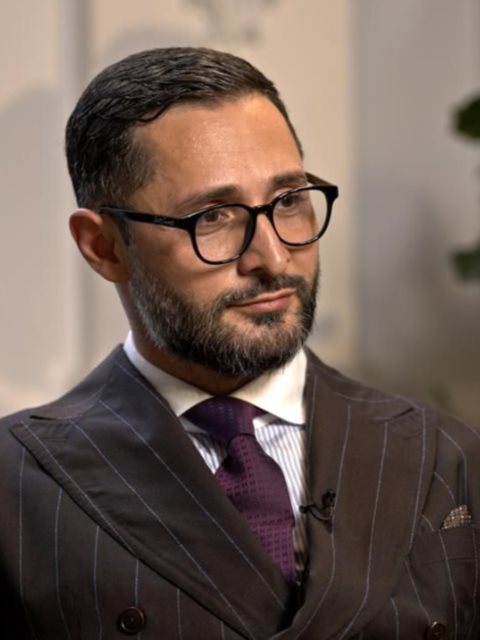
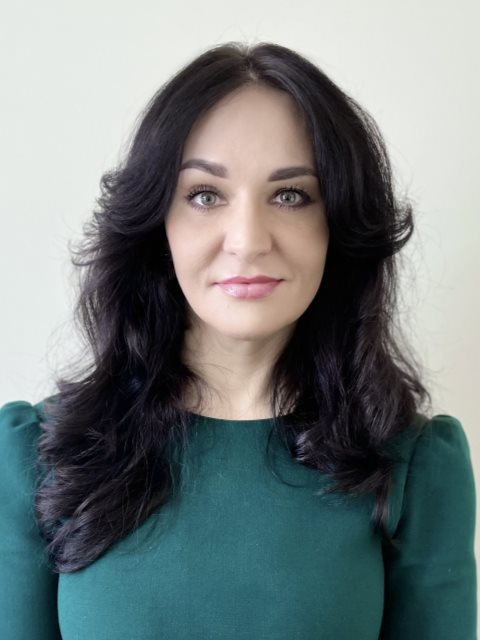
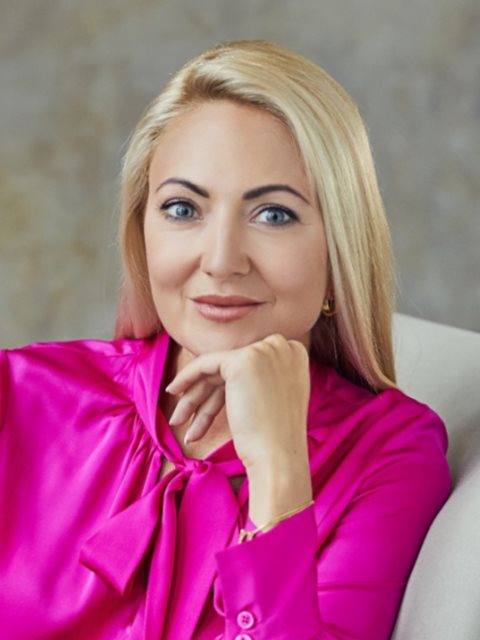
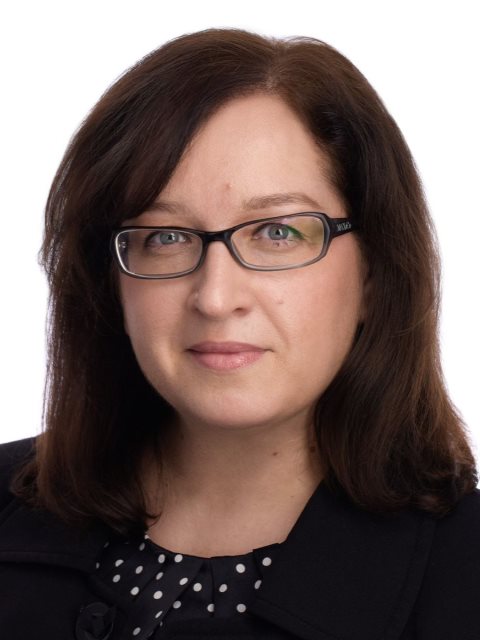
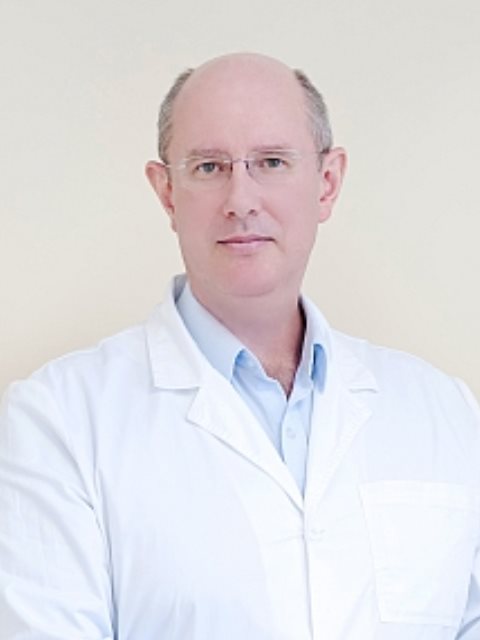
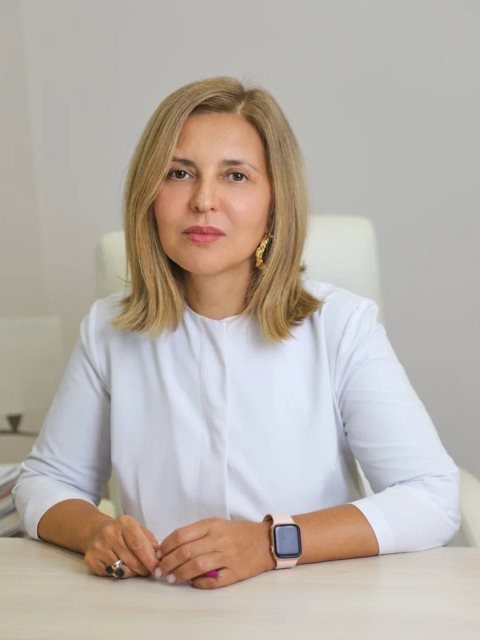
Open event
- 10:45–12:00
- National Center “Russia”, conference hall 2, 2nd floor
- Broadcast
Speakers

Alexander Dzidzaria
Head of the Department of Oncourology and Oncogynecology, Federal State Budgetary Institution Russian Scientific Center of Roentgenology and Radiology of the Ministry of Health of the Russian Federation
Natalia Kostenko
Head of Medical Activities Management, Central Healthcare Directorate, Russian Railways
Lyubov Malyarevskaya
General Director, Russian Mediagroup
Ekaterina Myslitskaya
General Director, Family Together Charitable Foundation
Aleksandr Rozanov
Director, Association of Medical Specialists on Risk Modification
Olga Tkacheva
Director of the Russian Gerontological Research and Clinical Center, N.I. Pirogov Russian National Research Medical University of the Ministry of Health of the Russian Federation; Chief Visiting Geriatrician Specialist of the Ministry of Health of the Russian Federation
The New 2040 Healthcare Model: From Reactive to Proactive
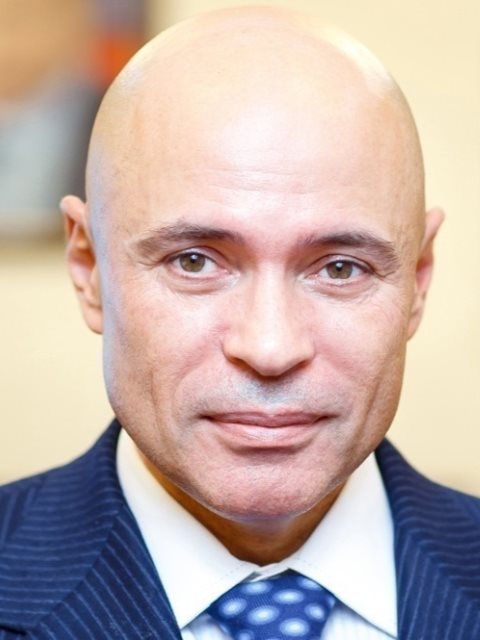
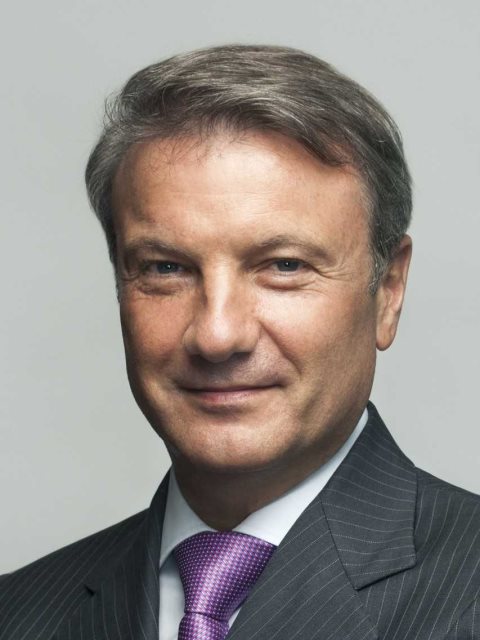
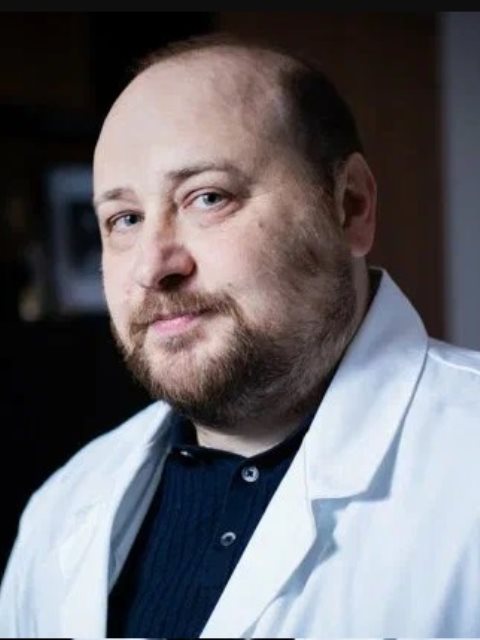
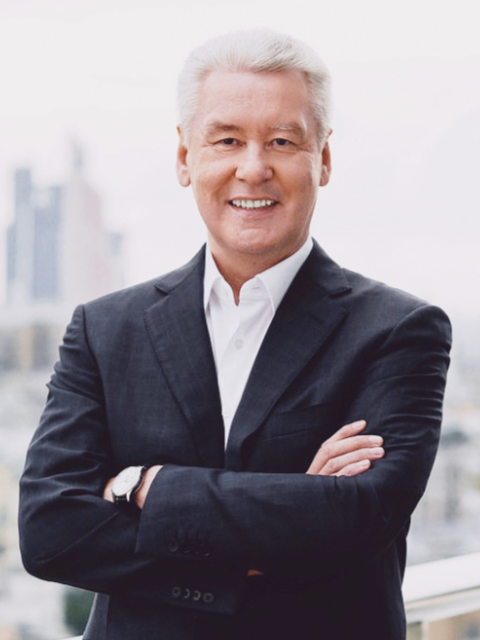
Open event
- 13:00–15:00
- National Center “Russia”, Concert Hall
- Broadcast
Speakers

Igor Artamonov
Governor of Lipetsk Region
Herman Gref
Chief Executive Officer, Chairman of the Executive Board, Sberbank
Denis Logunov
Deputy Director for Science, Honorary Academician N.F. Gamaleya National Research Center for Epidemiology and Microbiology of the Ministry of Health of the Russian Federation
Sergey Sobyanin
Mayor of Moscow
Heart of the Nation 2.0


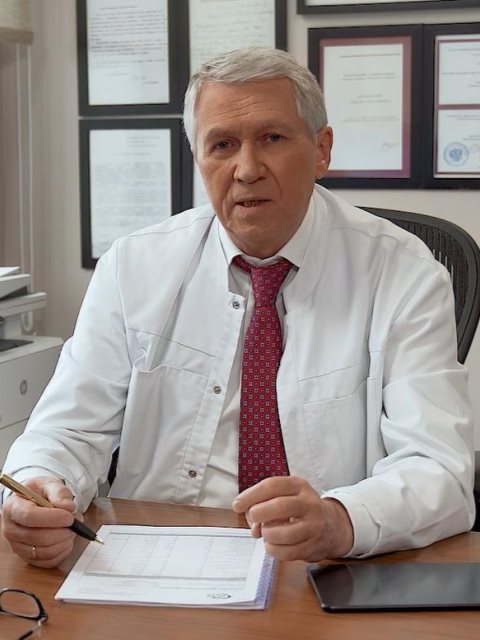
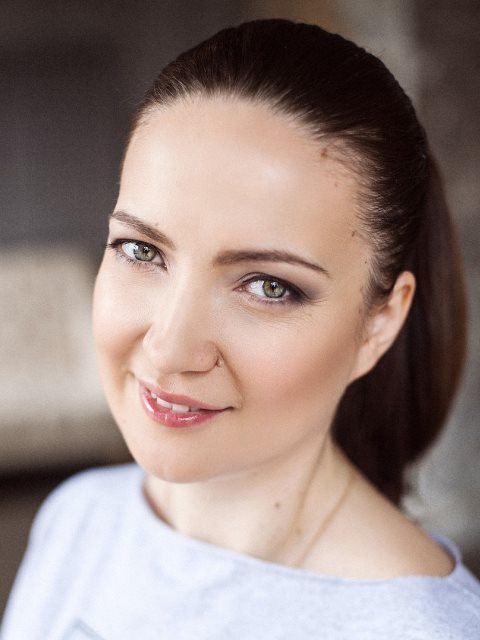
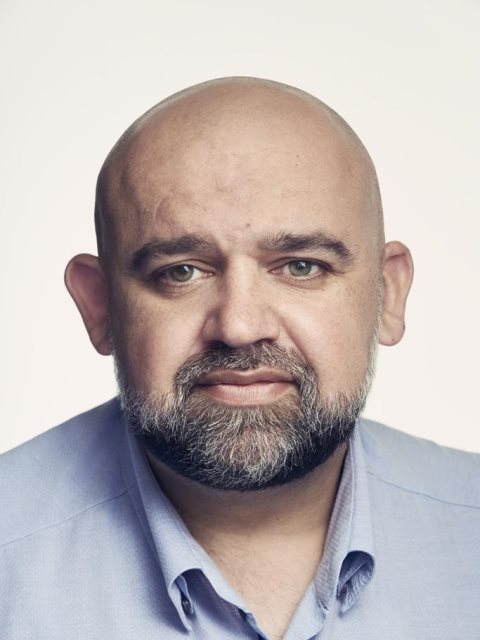

Open event
- 15:30–16:45
- National Center “Russia”, Congress Hall, 2nd floor
- Broadcast
Speakers

Sergey Boytsov
Director, National Medical Research Centre of Cardiology of the Ministry of Health of the Russian Federation; Chief Visiting Cardiologist Specialist of the Ministry of Health of the Russian Federation
Evgeny Kamkin
Deputy Minister of Health of the Russian Federation
Gennady Konovalov
Chairman of the Academic Council, MEDSI Group, Head of the Center for Diagnostics and Innovative Medical Technologies, MEDSI Clinical Diagnostic Center
Ekaterina Milova
Development Director, ORBI Anti-Stroke Foundation
Denis Protsenko
Chief Visiting Specialist in Anesthesiology and Resuscitation of Moscow Healthcare Department; Director, Moscow Multidisciplinary Clinical Center "Kommunarka"
Andrey Sarana
Chairman of the Healthcare Committee of St. Petersburg
Accessibility of Innovations: Guaranteeing Drug Security

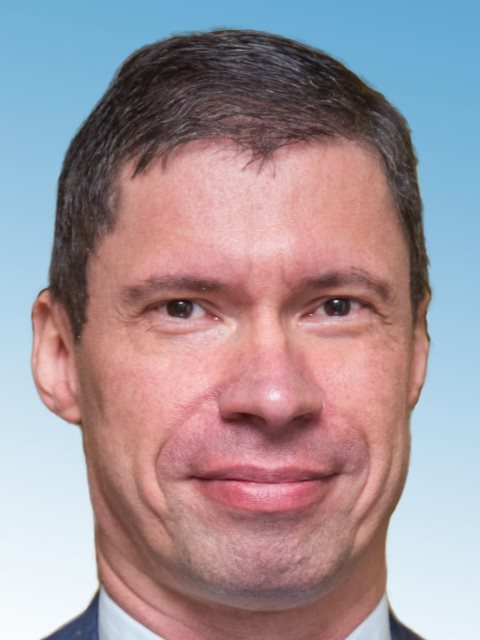
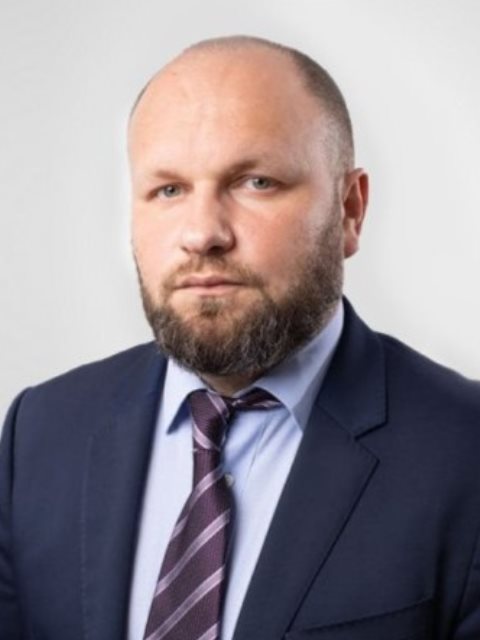
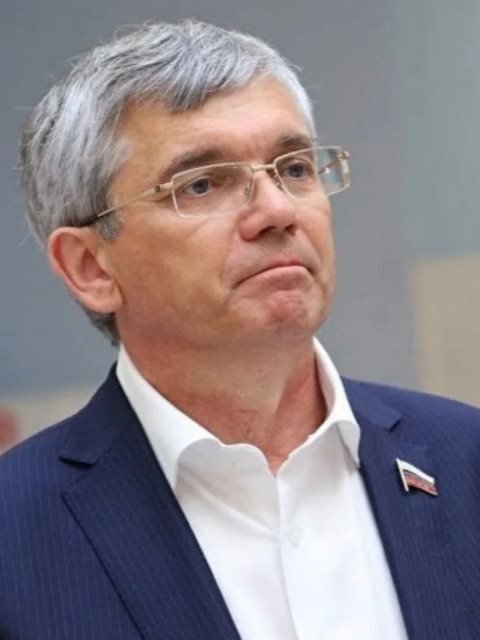
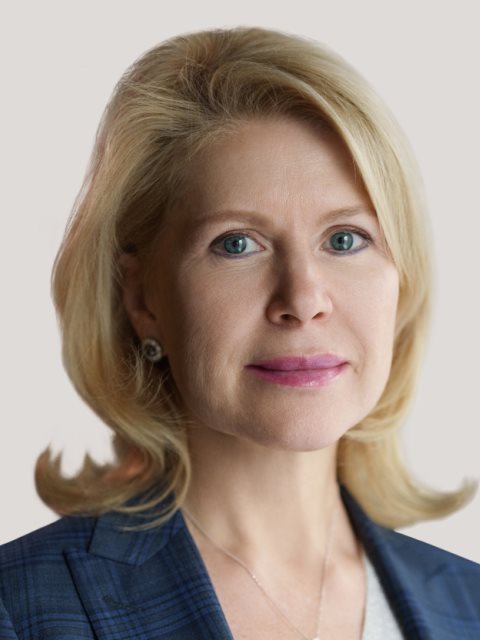
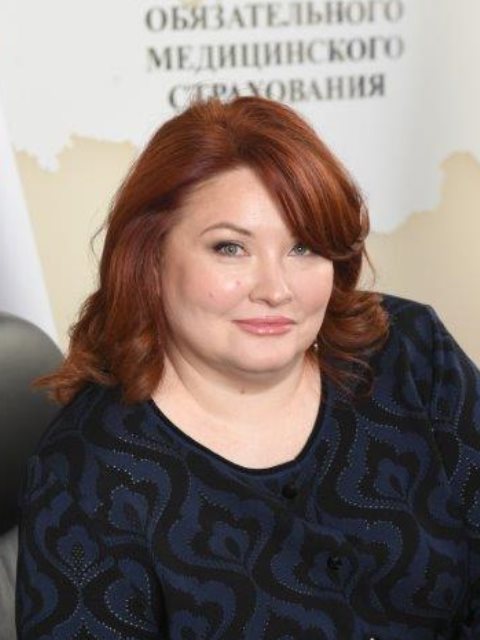
Open event
- 15:30–16:45
- National Center “Russia”, conference hall 2, 2nd floor
- Broadcast
Speakers

Sergey Glagolev
Deputy Minister of Health of the Russian Federation
Yury Zhulev
President, Russian Hemophilia Society; co-chairman, All-Russian Patients' Union
Yury Komarov
Deputy Director for Organizational and Methodological Work, N.N. Petrov National Medical Research Center of Oncology, Ministry of Health of the Russian Federation
Aleksandr Petrov
Deputy, Member of the State Duma Committee on Health Protection of the Federal Assembly of the Russian FederationEkaterina Priezzheva
Deputy Minister of Industry and Trade of the Russian Federation
Olga Tsareva
Deputy Chair, Federal Mandatory Medical Insurance Fund (FOMS)
How to Measure the Effectiveness of Regional Healthcare Systems

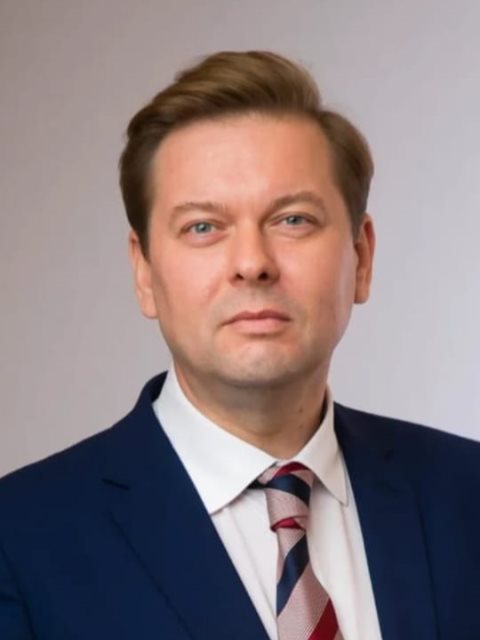
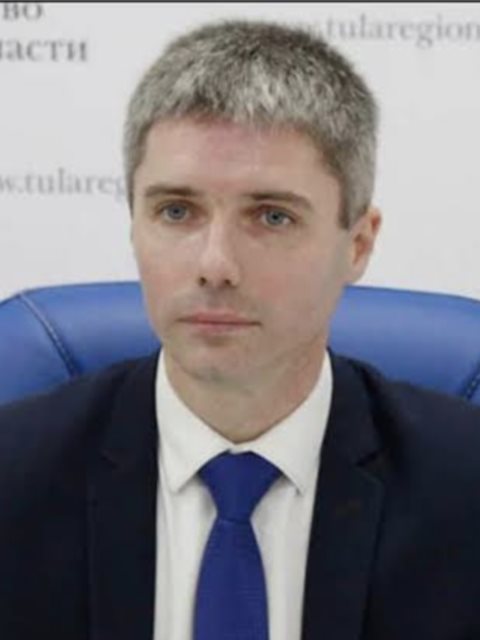


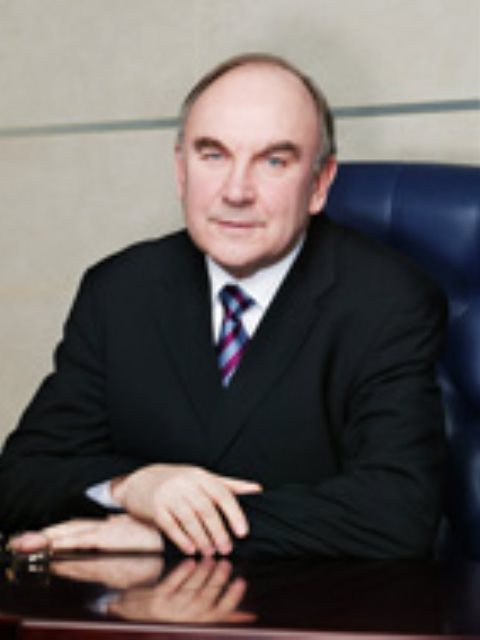
Open event
- 15:30–16:45
- National Center “Russia”, conference hall 4, Space of Opportunities, 2nd floor
- Broadcast
Speakers

Elena Aksenova
Director, Research Institute for Healthcare Organization and Medical Management of Moscow Healthcare Department
Ivan Deev
Director, Department of the Monitoring, Analysis, and Strategic Development of Healthcare, Ministry of Health of the Russian Federation
Andrey Zhuravlev
Director, Situation Center of the Governor of the Tula Region
Dinara Kamurzaeva
Minister of Health of the Karachay-Cherkess Republic
Svetlana Leontieva
Deputy Chairman of the Government of the Amur Region, Minister of Health of the Amur Region
Vladimir Starodubov
Academician-Secretary of the Department of Medical Sciences, Russian Academy of Sciences
Continuity of Medical Care: Outpatient Clinic, Ambulance, Hospital
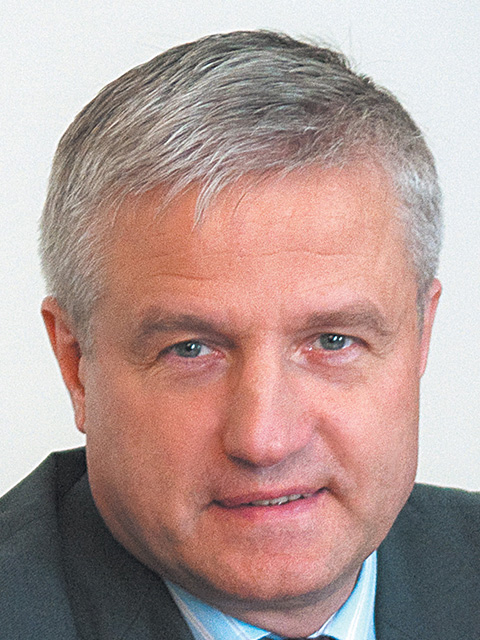
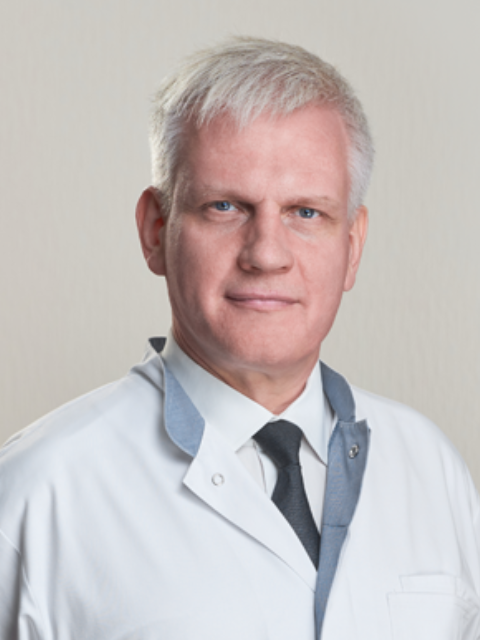
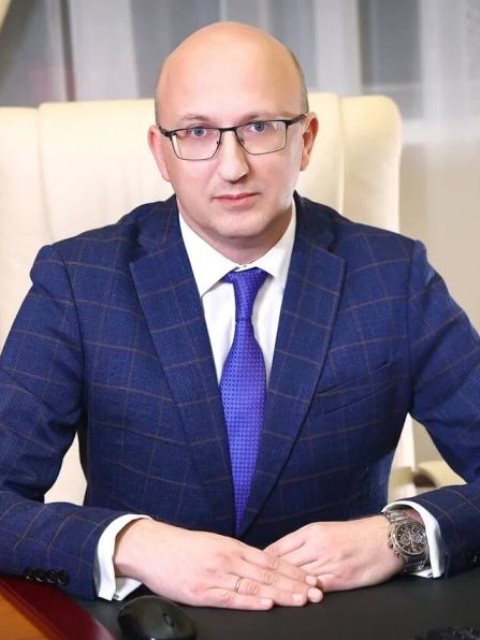
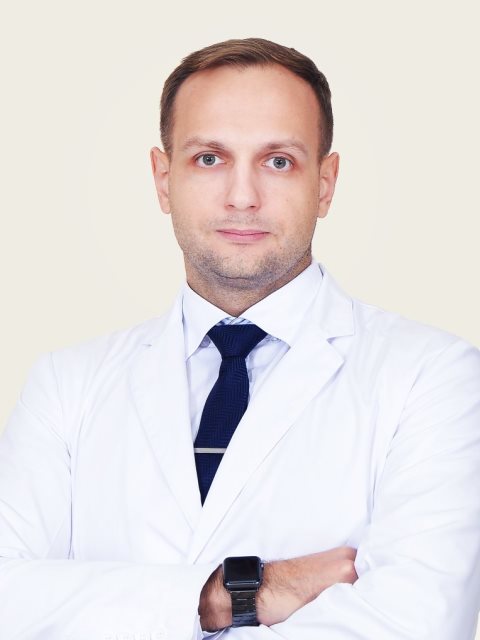
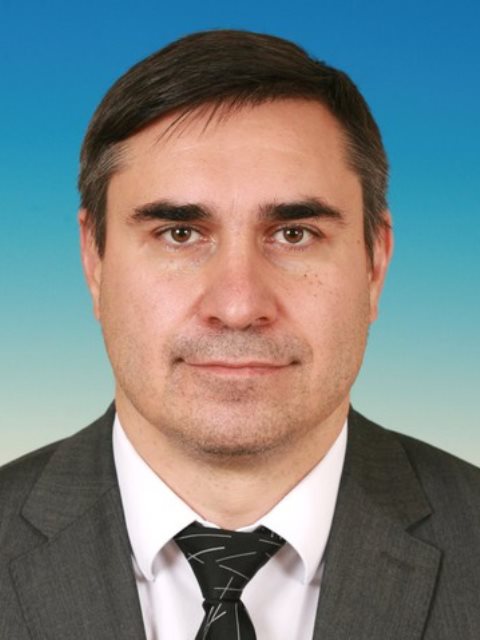
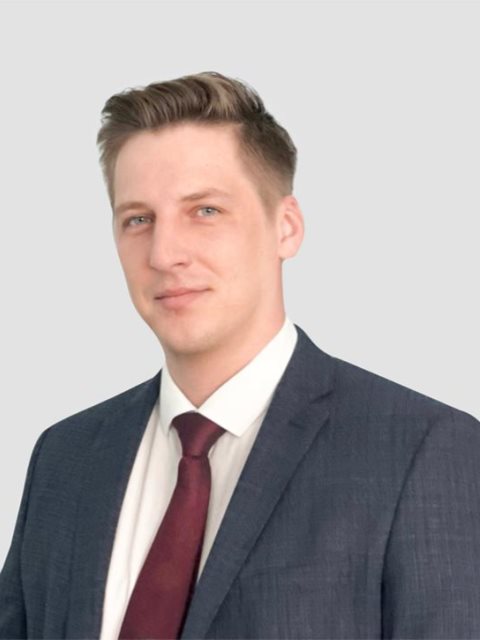
Open event
- 15:30–16:45
- National Center “Russia”, conference hall 3, 2nd floor
- Broadcast
Speakers

Sergey Bagnenko
Chief Visiting Specialist in Emergency Medical Services of the Ministry of Health of the Russian Federation; Rector, Pavlov First St. Petersburg State Medical University of the Ministry of Health of the Russian Federation
Egor Korchagin
Head Physician, Regional Clinical Hospital of Krasnoyarsk Region
Alexey Sapanyuk
General Director, Federal State Budgetary Institution "National Institute of Quality" of Roszdravnadzor
Evgeny Tarasyuk
Director General, Academician E.N. Meshalkin National Medical Research Center
Dmitry Khubezov
Deputy Prime Minister – Minister of Health of the Altai Republic
Ruslan Shepel
Deputy Director for Prospective Development of Medical Activities, National Medical Research Center for Therapy and Preventive Medicine of the Ministry of Health of the Russian Federation
Healthcare for Medical Workers: How Can We Ensure Job Satisfaction?
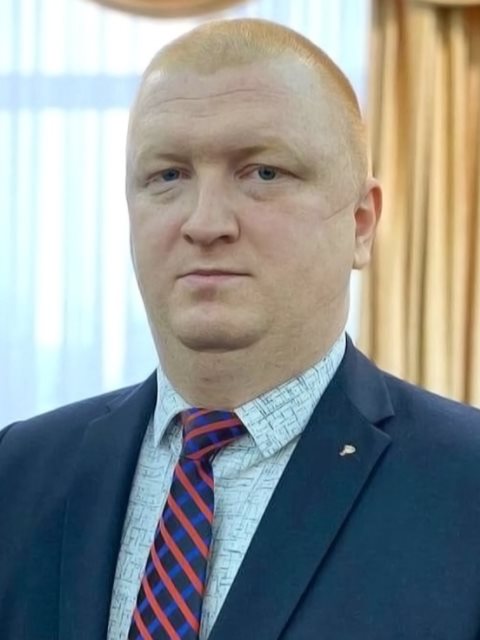
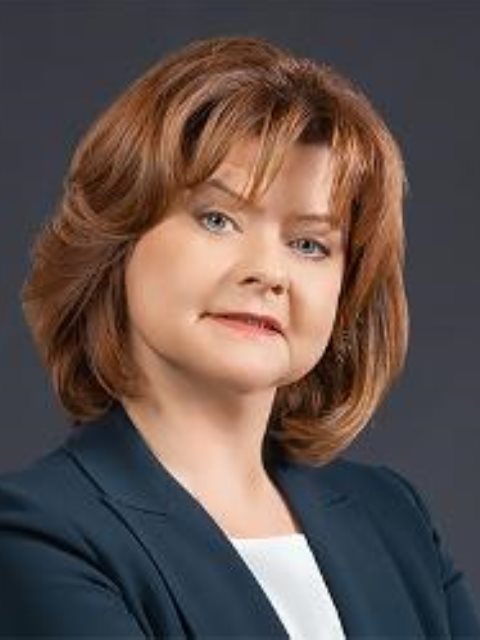
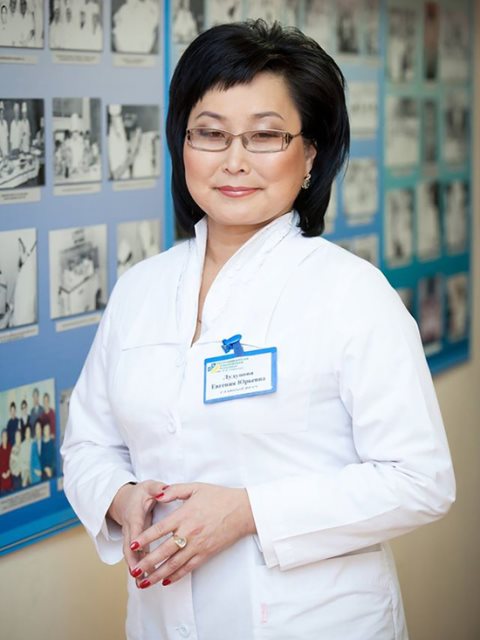

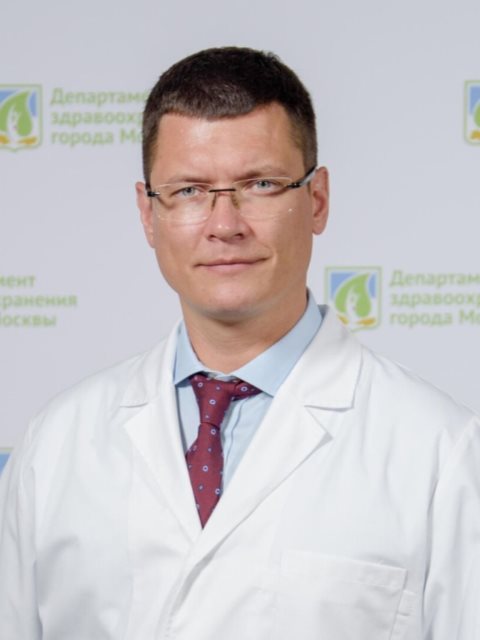
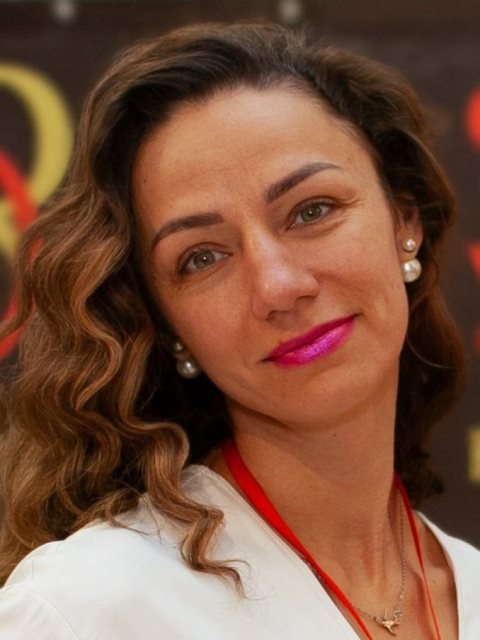
Open event
- 17:15–18:30
- National Center “Russia”, conference hall 4, Space of Opportunities, 2nd floor
- Broadcast
Speakers

Andrey Ikonnikov
Minister of Health of the Belgorod Region
Natalia Loginova
Director, Department of Health of the Tyumen Region
Eugenia Ludupova
Deputy Chairman of the Government of the Republic of Buryatia — Minister of Health of the Republic of Buryatia
Anastasia Pershina
HR Director, Federal Siberian Scientific and Clinical Center of the Federal Medical and Biological Agency
Andrey Tyazhelnikov

Anastasia Shugaeva
Director of the telemedicine clinic, «Sberzdorovye»
Healthy Eating: Best Regional Practices

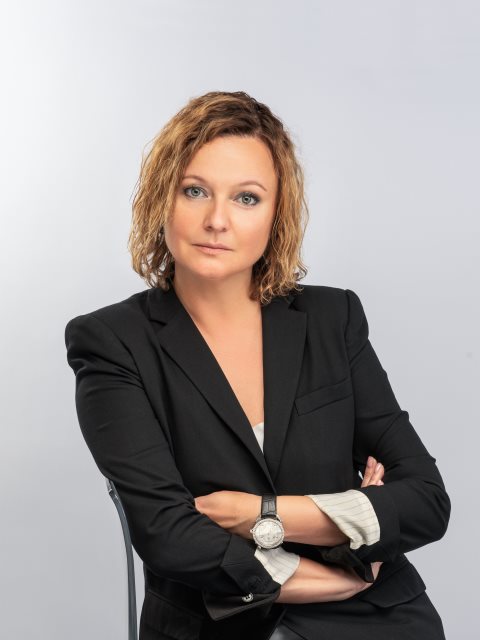
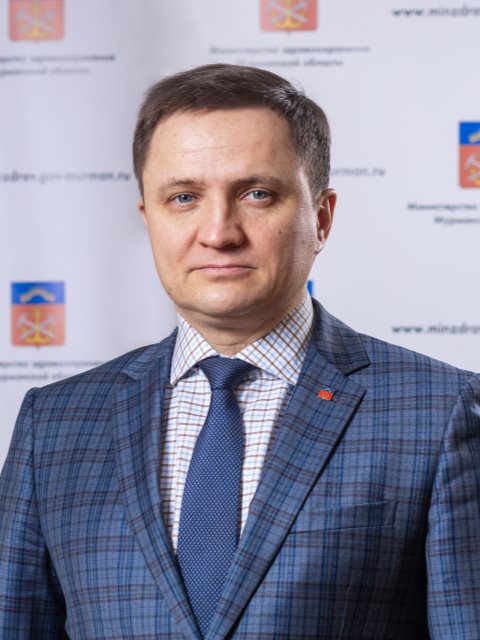
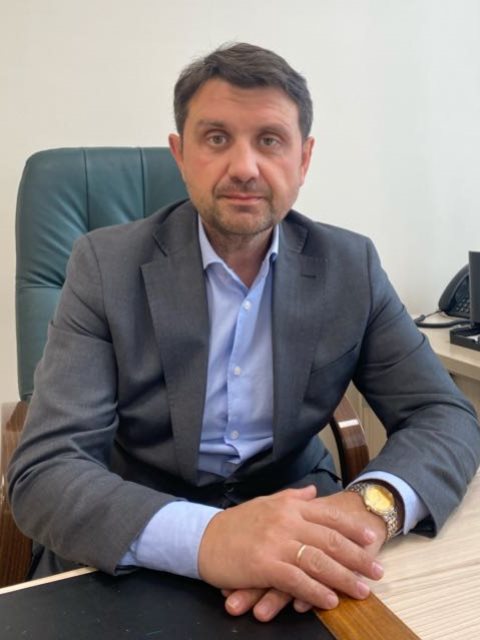
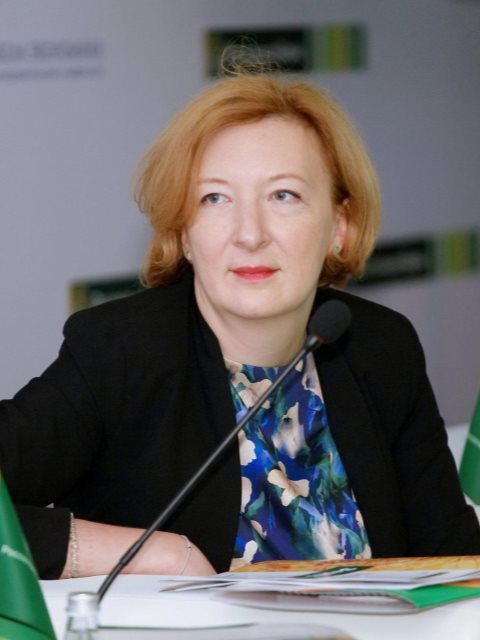
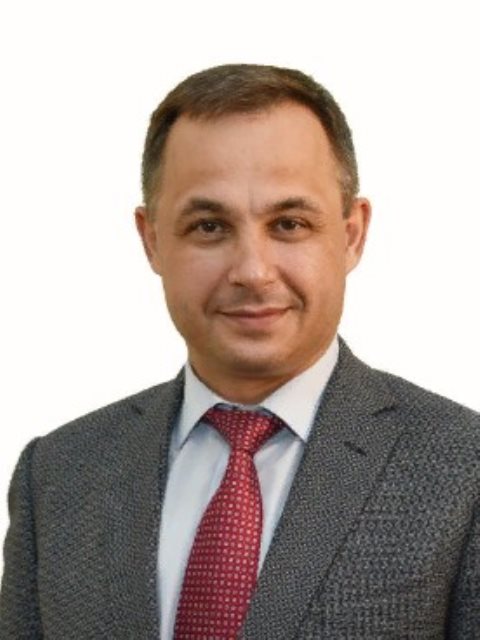
Open event
- 17:15–18:30
- National Center “Russia”, press room, 4th floor
- Broadcast
Speakers

Oksana Drapkina
Director, National Health and Research Centre of Preventive Healthcare, Ministry of Health of the Russian Federation
Anna Meleshina
Managing Director, Magnit Group of Companies
Dmitry Panychev
Deputy Governor of the Murmansk Region - Minister of Health of the Murmansk Region
Andrey Setko
Head of Food Hygiene Department, F.F. Erisman Federal Scientific Center for Hygiene
Elena Smirnova
Head of the Laboratory of Demography and Epidemiology of Nutrition, Federal State Budgetary Scientific Institution "Federal Research Center of Nutrition and Biotechnology"
Rafael Shavaliev
Director of the Department of Medical Care for Children, Maternity Services and Public Health, Ministry of Health of the Russian FederationFront row participants
Cybersecurity in the Era of Big Medical Data
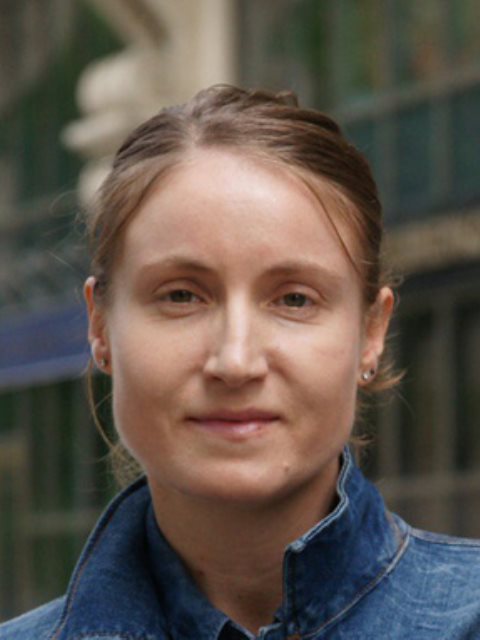
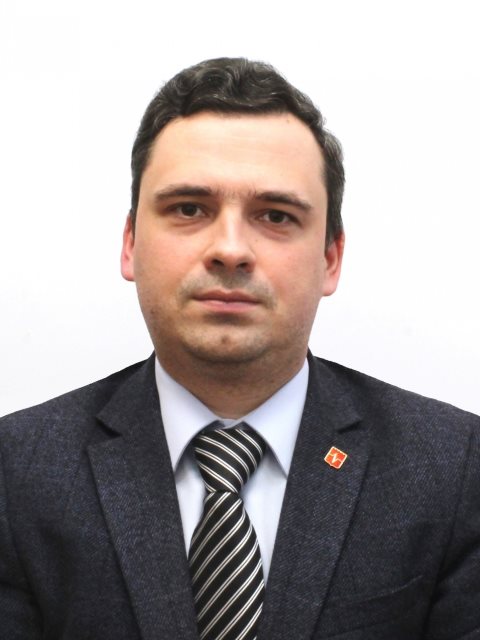
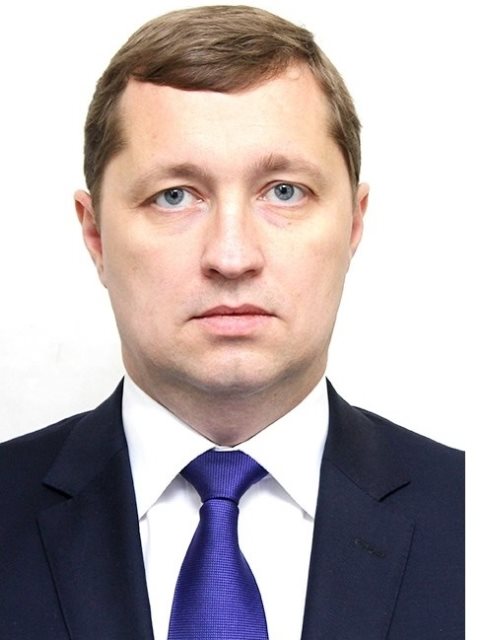

Open event
- 17:15–18:30
- National Center “Russia”, conference hall 2, 2nd floor
- Broadcast
Speakers

Irina Levova
Director of Strategic Projects, Big Data Association
Gennady Legostaev
Deputy Minister of Health of the Moscow Region
Vitaly Lyutikov
Deputy Director, Russian Federal Service for Technical and Export Control
Alexey Pilyukov
Acting Head of the Industry Center for Information Security and Import Substitution of Software of the Ministry of Health of the Russian Federation, Russian Research Institute of Health
Russian-Made: Trends on the Domestic Medical Devices Market
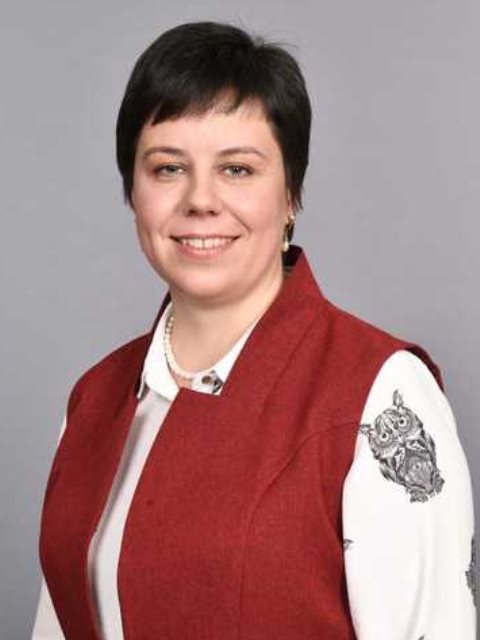
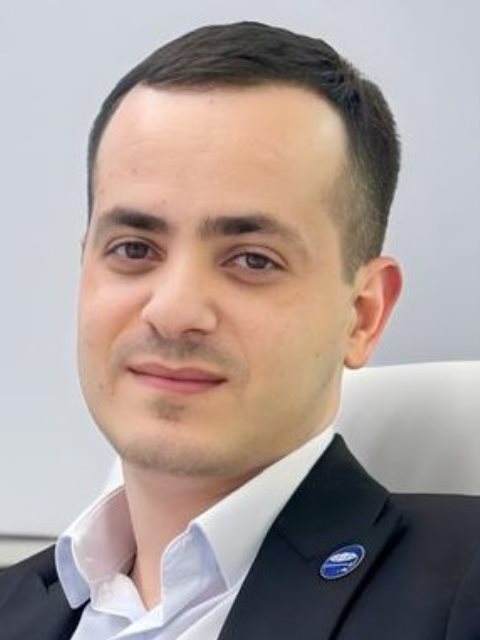
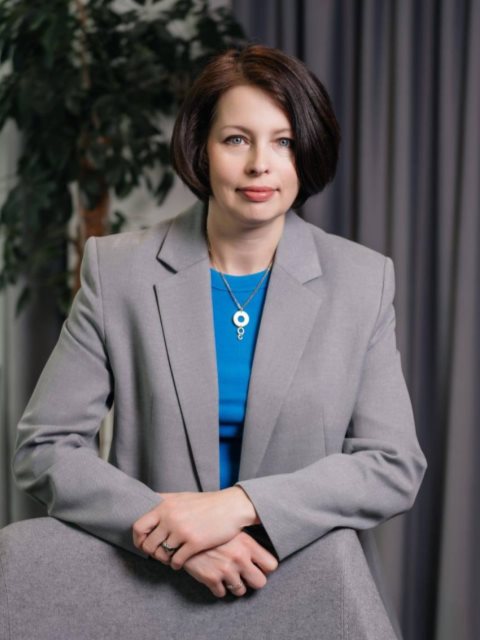
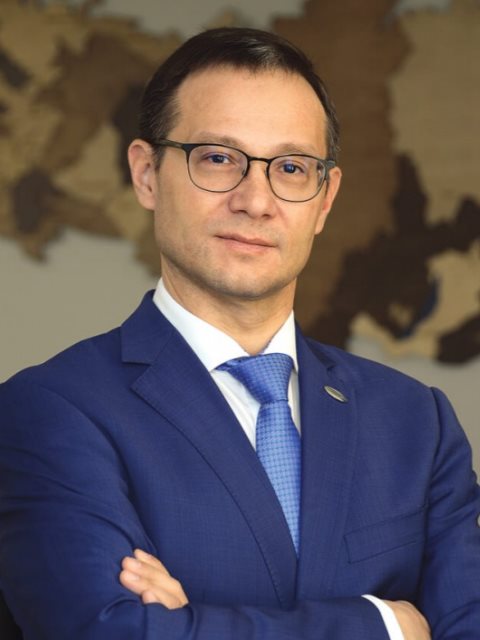
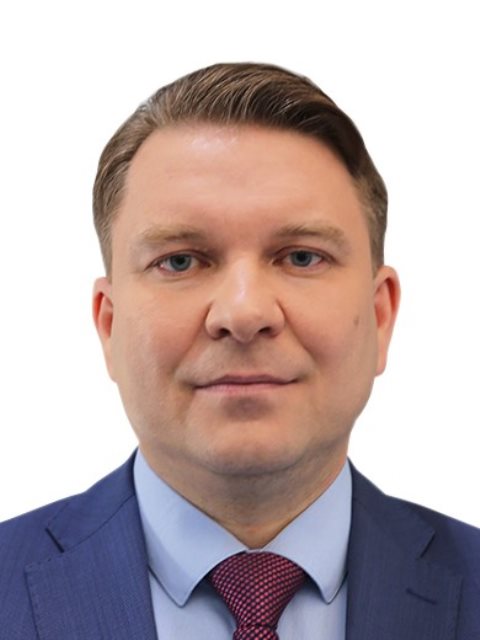
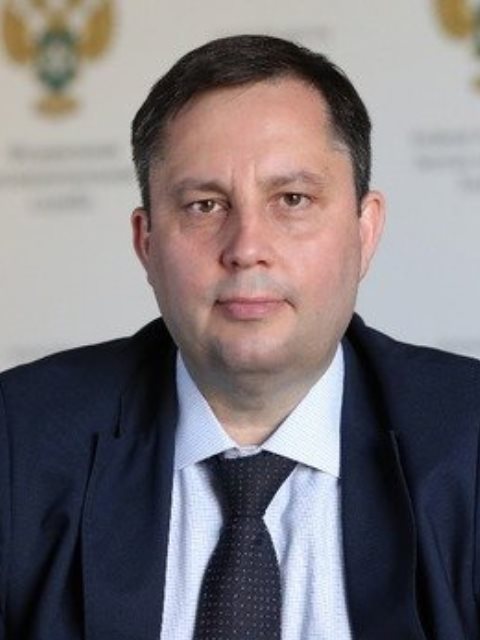

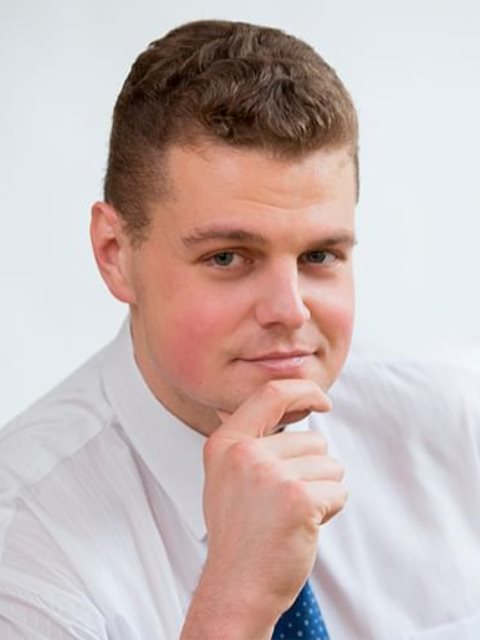
Open event
- 17:15–18:30
- National Center “Russia”, Congress Hall, 2nd floor
- Broadcast
Speakers

Elena Astapenko
Director, Department of Pharmaceutical Provision and Regulation of the Circulation of Medical Devices, Ministry of Health of the Russian Federation
Akhra Gogia
Deputy General Director for Medical Affairs, Sevkavrentgen-D LLC
Tatyana Ermakova
Head of Industry Solutions, SIBUR
Igor Ivanov
Director General, All-Russian Research and Testing Institute of Medical Equipment of the Federal Service for Surveillance in Healthcare
Vladimir Koshlakov
Director General, "M.V. Keldysh Research Center" State Scientific Center of the Russian Federation
Timofey Nizhegorodtsev
Deputy Head, Federal Antimonopoly Service of the Russian FederationEkaterina Priezzheva
Deputy Minister of Industry and Trade of the Russian Federation
Vadim Tarasov
Vice-Rector for Scientific and Technological Development, Director, Institute of Translational Medicine and Biotechnology Institute of Translational Medicine and Biotechnology, I.M. Sechenov First Moscow State Medical University
Winning Time: New Opportunities in Oncology

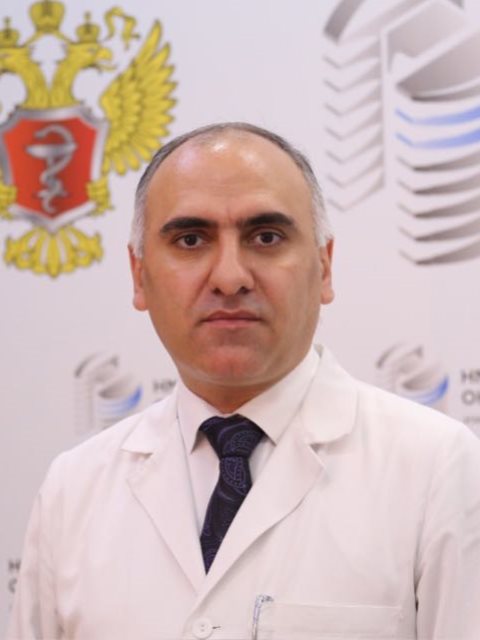

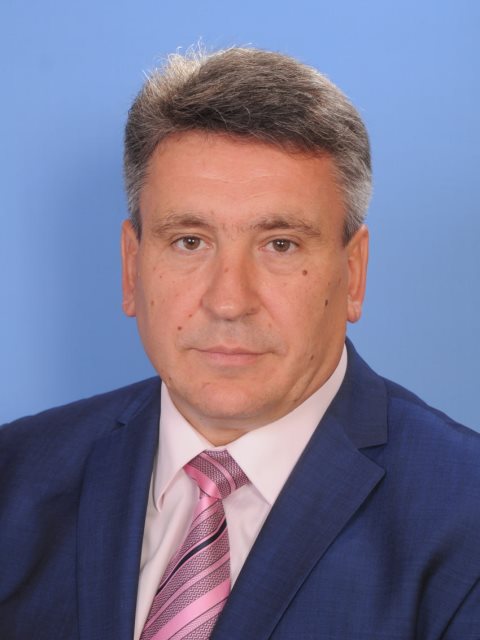
Open event
- 17:15–18:30
- National Center “Russia”, conference hall 3, 2nd floor
- Broadcast
Speakers

Victoria Vargina
Medical Director, "SAN Pharma" Pharmaceutical company, Ranbaxy
Tigran Gevorkyan
Deputy Director for the Implementation of Federal Projects, N.N. Blokhin National Medical Research Center of Oncology of the Ministry of Health of the Russian Federation
Evgeny Kamkin
Deputy Minister of Health of the Russian Federation
Ivan Moshurov
Chief Physician, Voronezh Regional Scientific and Clinical Oncology Center
Professional Managers for Healthcare: Who Are the Future Leaders?
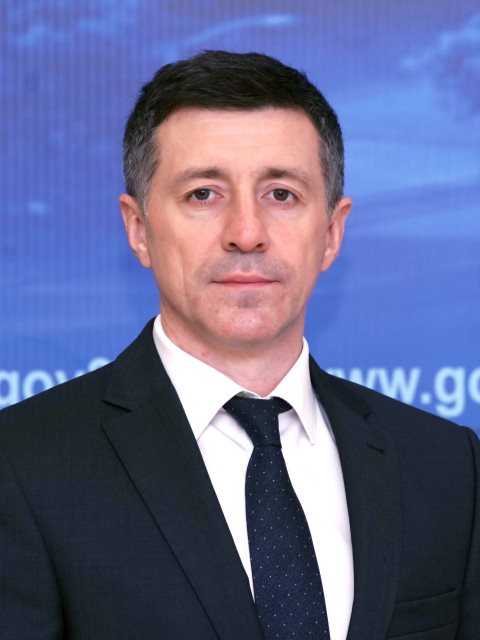
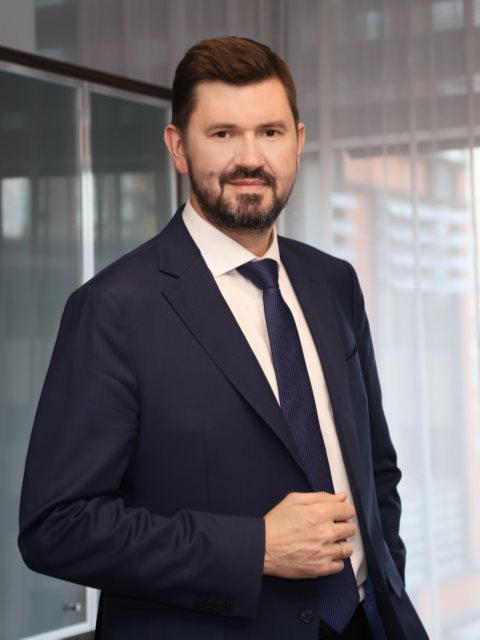
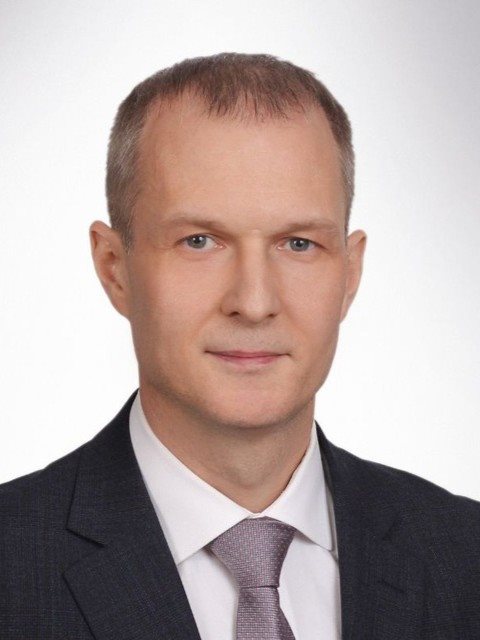
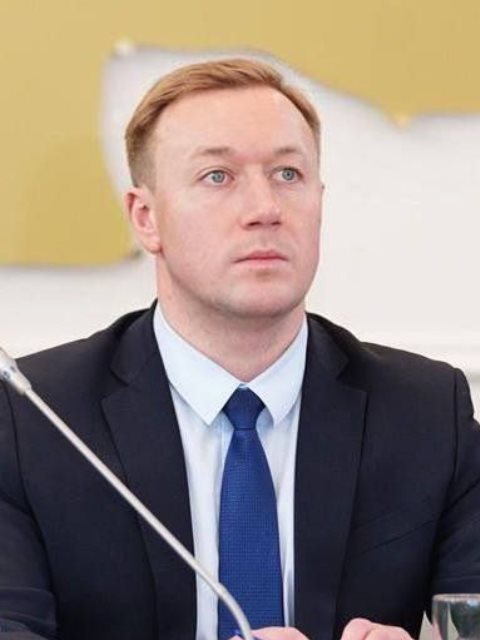
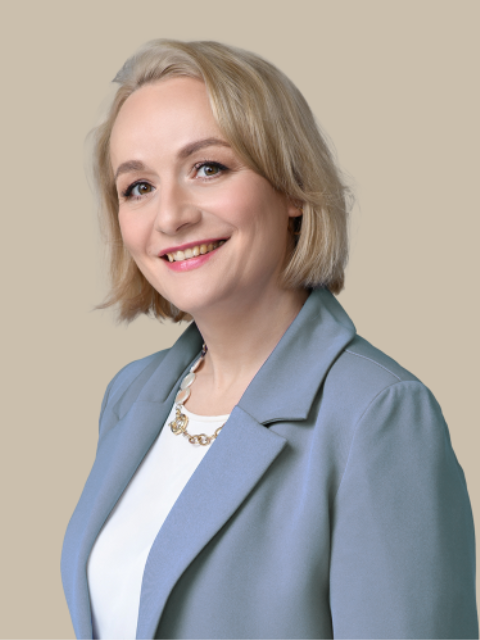
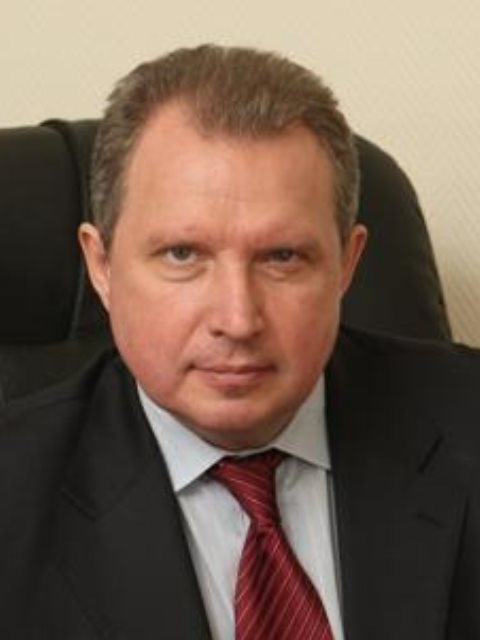
Open event
- 09:00–10:15
- National Center “Russia”, conference hall 2, 2nd floor
- Broadcast
Speakers

Sergey Dmitriev
Minister of Health of the Kaliningrad Region
Maxim Papushenko
General Director, Federal Competence Center in the Sphere of Labor Productivity
Roman Paskov
Director of the Department of Health of the Khanty-Mansi Autonomous Okrug - Yugra
Valery Royuk
Vice-Rector for Youth and Educational Work; Director, Institute of Leadership and Healthcare Management, Sechenov University
Elena Trdatyan
Director of Consulting, Ecopsi
Alexey Khripun
Moscow Government Minister; Head, Moscow Healthcare DepartmentFront row participant
Satisfaction with Medical Care: The Main Integrative Indicator of Modern Healthcare
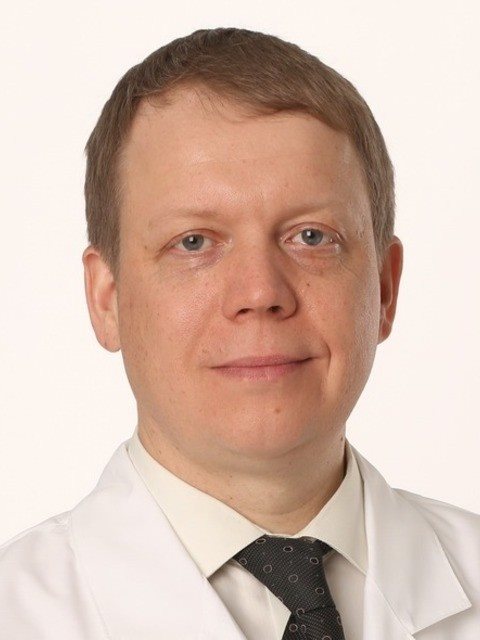
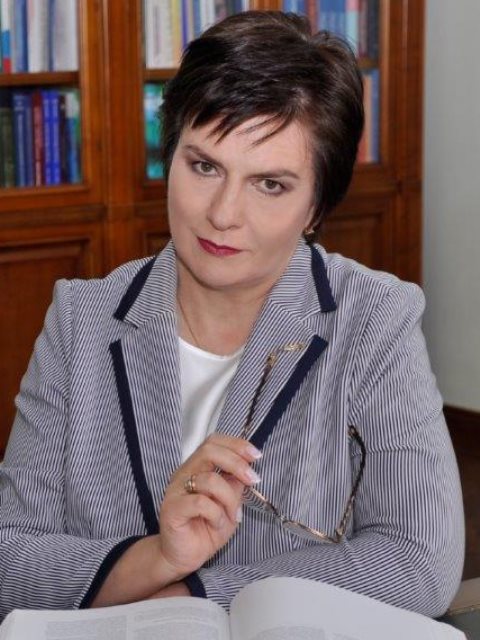

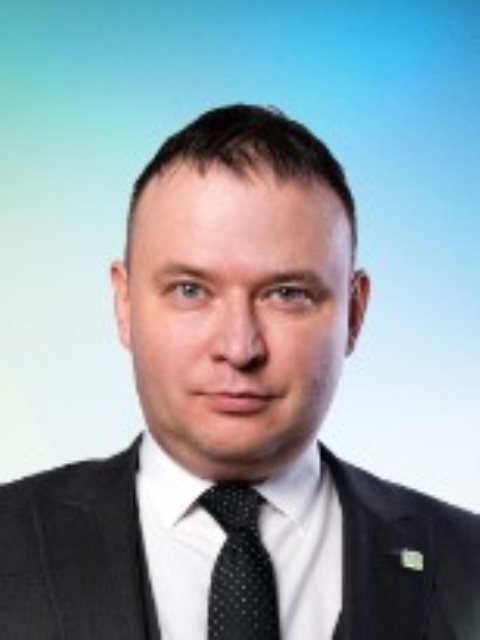
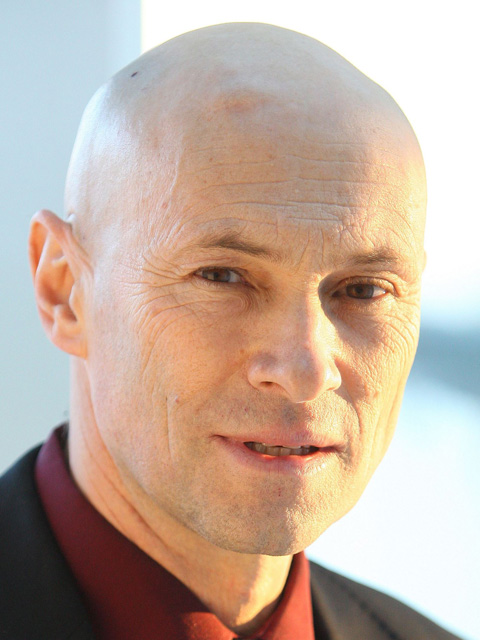

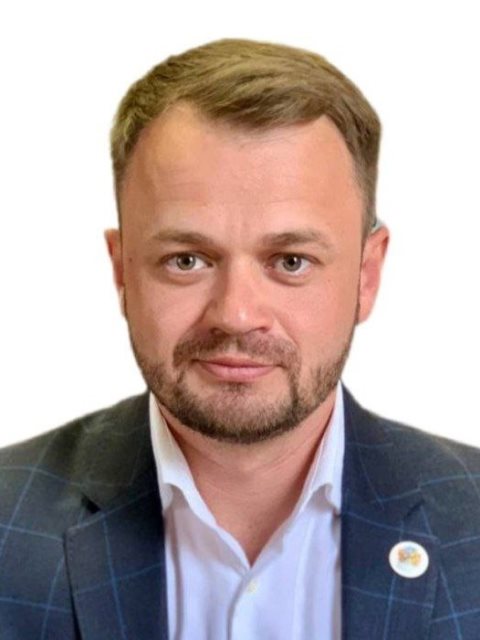
Open event
- 09:00–10:15
- National Center “Russia”, Congress Hall, 2nd floor
- Broadcast
Speakers

Dmitry Arsyutov
General Director, National Medical Research Centre "MNTC "Microsurgery of the Eye" named after Academician S.N. Fedorov" of the Ministry of Health of the Russian Federation
Alla Samoylova
Head, Federal Service for Surveillance in Healthcare (Roszdravnadzor)
Lena Afanasieva
Acting Minister of Health of the Republic of Sakha (Yakutia)
Andrey Kapalin
Director of Programs, Non-Profit Organizations Sector Development Division, Agency for Strategic Initiatives for the Promotion of New Projects (ASI)
Arkady Stolpner
Chairman of the Board, Sergey Berezin Medical Institute
Victor Fisenko
First Deputy Minister of Health of the Russian Federation
Yury Shlegel
Acting Chief Physician, "City Children's Dental Clinic" State Healthcare Institution of the Kaliningrad Region
Professional Liability Insurance for Medical Workers
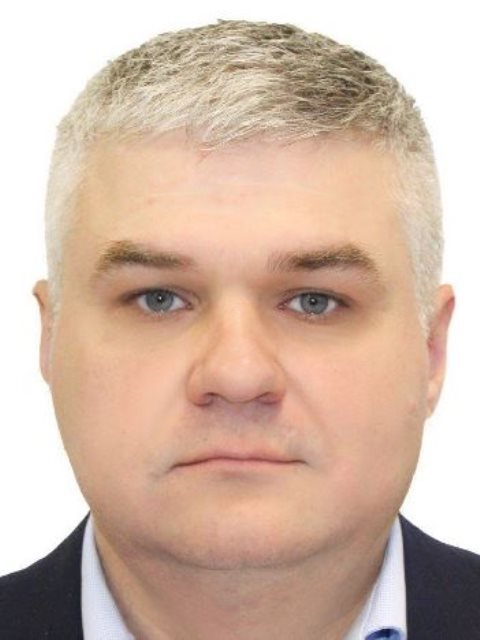
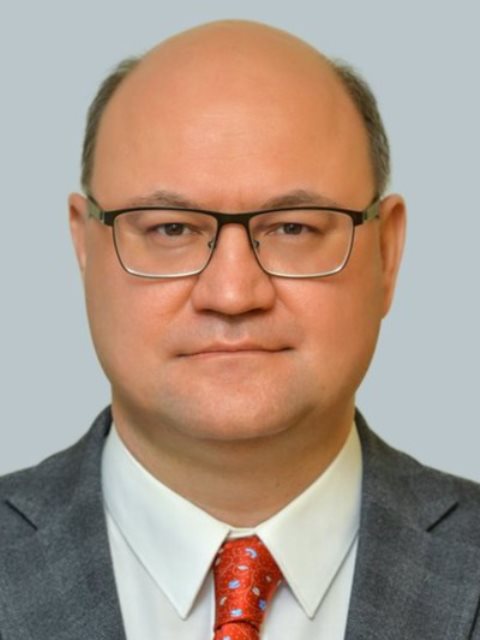
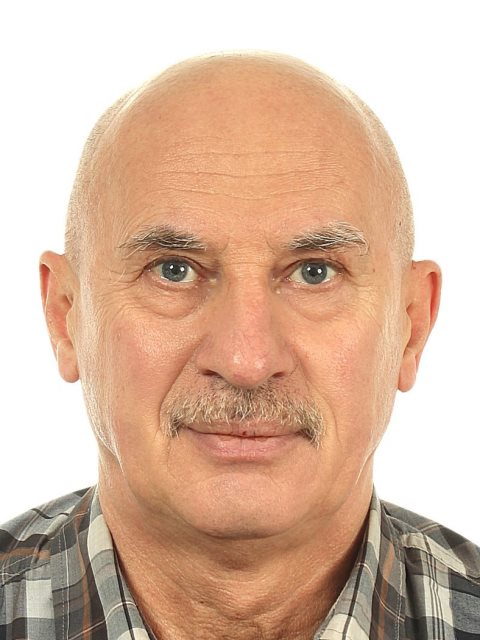
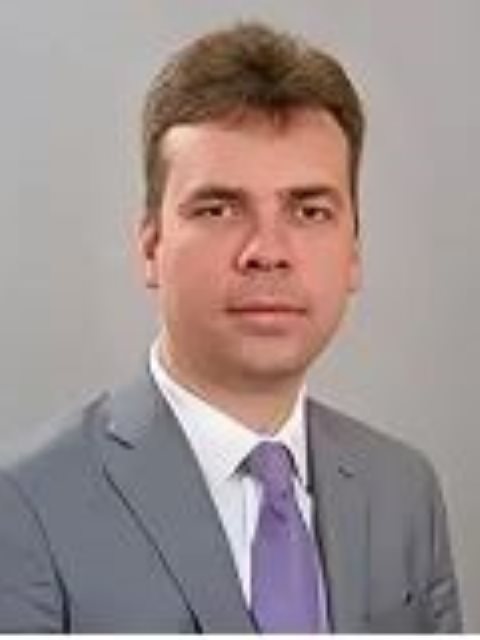
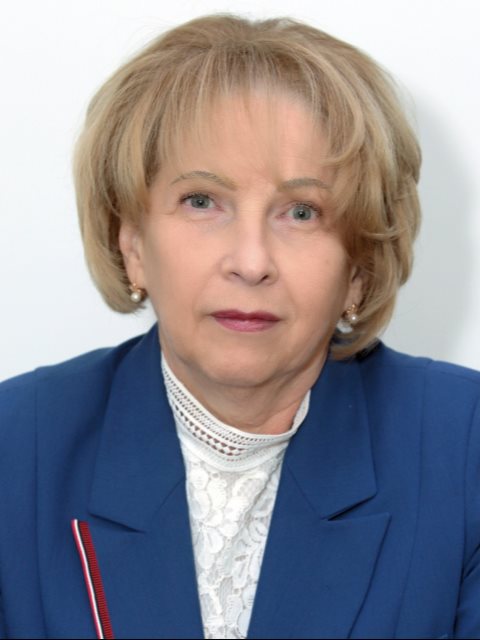
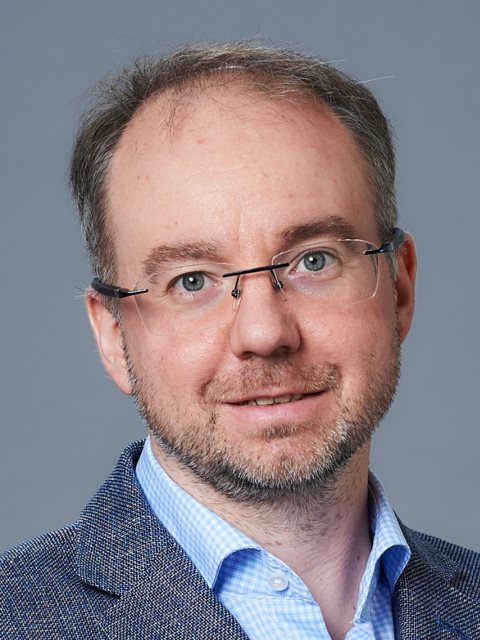
Open event
- 09:00–10:15
- National Center “Russia”, conference hall 4, Space of Opportunities, 2nd floor
- Broadcast
Speakers
Denis Zenka
Director of the Department, AlfaStrakhovanie
Yury Novikov
Chairman, Association of Doctors of the Omsk Region
Igor Strakhov
Freelance Insurance Expert, Novosibirsk Regional Association of DoctorsVladimir Chernov
Financial Director, Medicine
Lyubov Shaikhutdinova
Chairperson of the Board of the Association of Medical Workers of the Republic of Tatarstan
Dmitry Shishkin
Head of Liability Insurance Department, Ingosstrakh Insurance Company
Designing an Environment for Health Protection
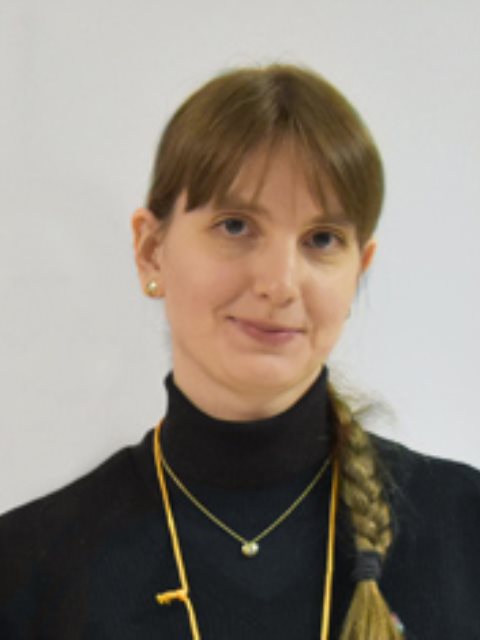
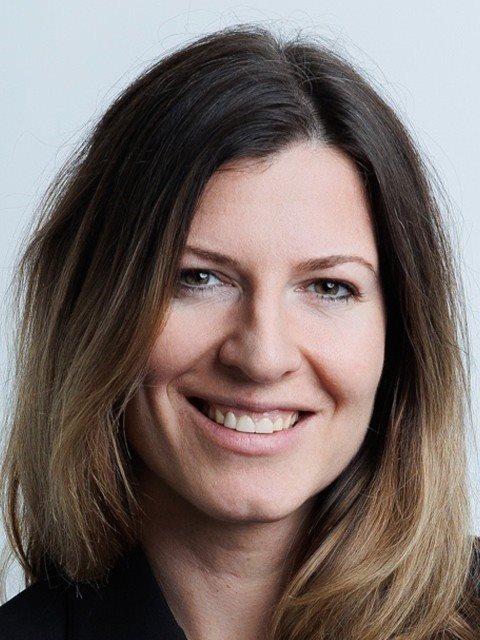
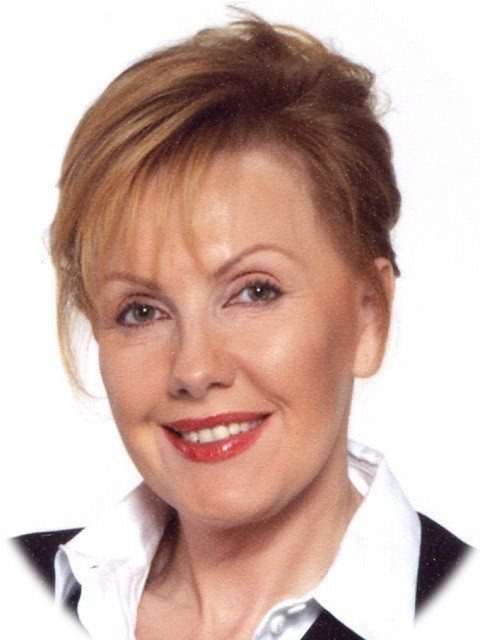
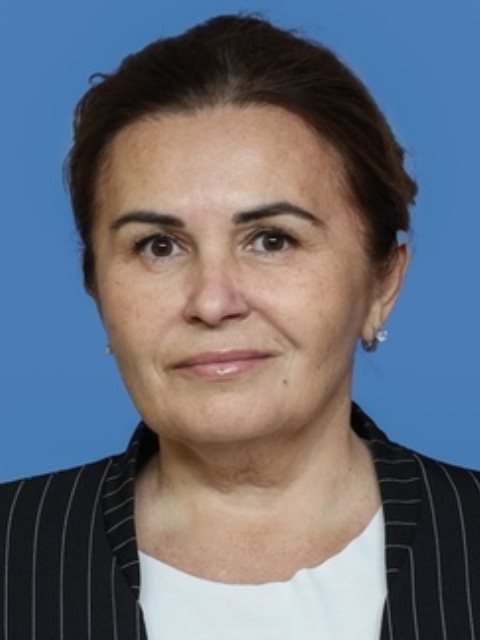
Open event
- 09:00–10:15
- National Center “Russia”, press room, 4th floor
- Broadcast
Speakers

Nadezhda Bylova
Rector, Northern State Medical University of the Ministry of Health of the Russian Federation
Ksenia Golubeva
Head of the Project Department, DOM.RF
Nataliya Ushakova
Advisor to the Governor of the Trans-Baikal Territory; member of the Russian Tripartite Commission for the Regulation of Social and Labor Relations; member of the Public Council under the Ministry of Labor and Social Protection of the Russian Federation; member of the Board of the Social Fund of Russia
Zhanna Chefranova
First Deputy Chairman, Committee of the Federation Council of the Federal Assembly of the Russian Federation on Social Policy
Fighting for Our Health: Obesity Throwing Down the Gauntlet to Global Healthcare
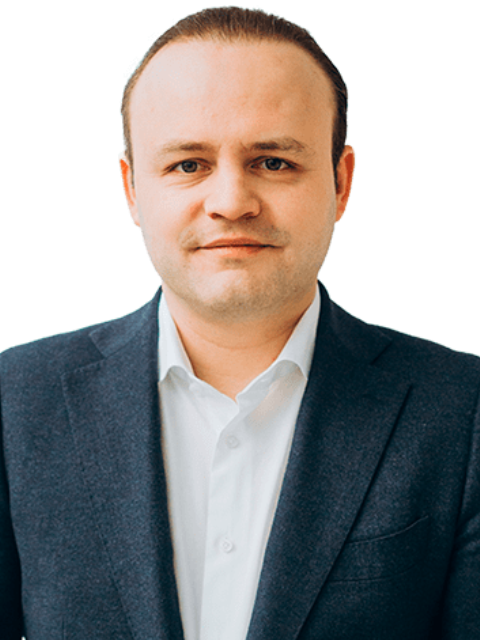
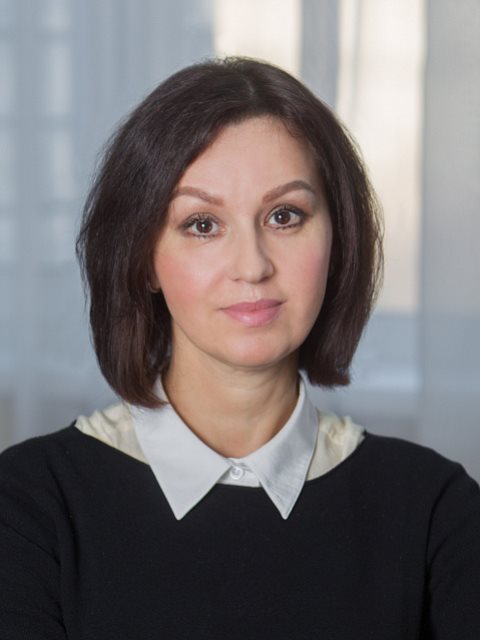


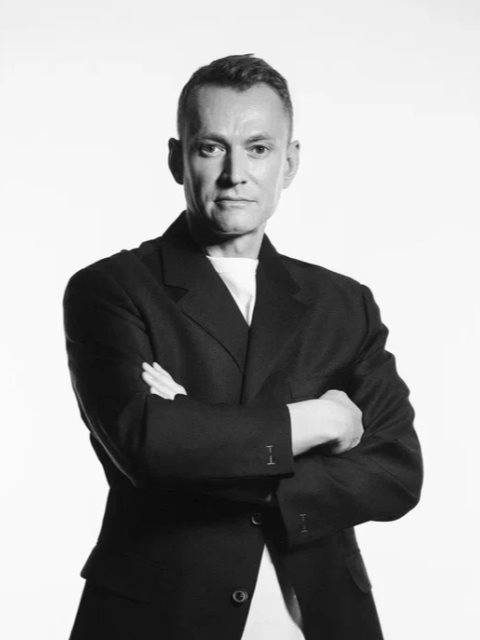

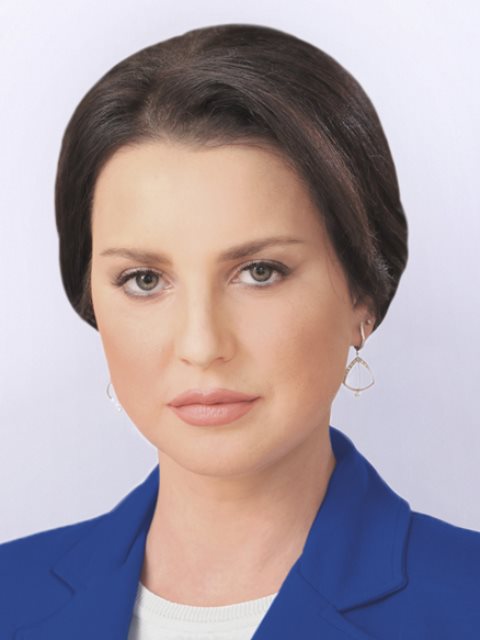
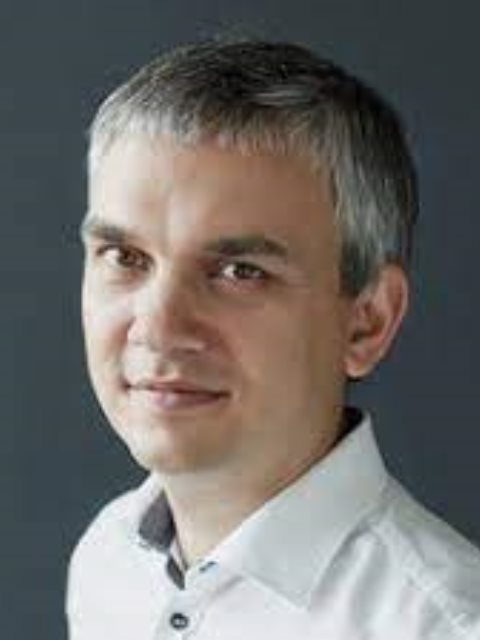
Open event
- 09:00–10:15
- National Center “Russia”, conference hall 3, 2nd floor
- Broadcast
Speakers

Vladislav Davankov
Deputy Chairman of the State Duma of the Federal Assembly of the Russian Federation
Evgenia Kotova
Deputy Minister of Health of the Russian Federation
Natalia Mokrysheva
Director, I.I. Dedov National Medical Research Center of Endocrinology of the Ministry of Health of the Russian Federation; Academician, Russian Academy of SciencesEkaterina Priezzheva
Deputy Minister of Industry and Trade of the Russian Federation
Petr Rodionov
General Director, Geropharm; Deputy Chairman of the Council under the Government of the Russian Federation for Guardianship in the Social Sphere
Andrey Sarana
Chairman of the Healthcare Committee of St. Petersburg
Irina Slutskaya
Deputy, Moscow City Duma
Denis Shvetsov
Chief Executive Officer, SberZdorovye
Food Matters: Why our Diet is a Question of National Importance?


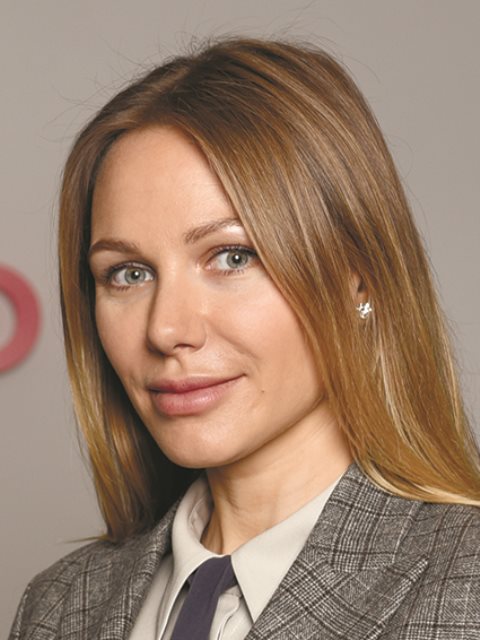
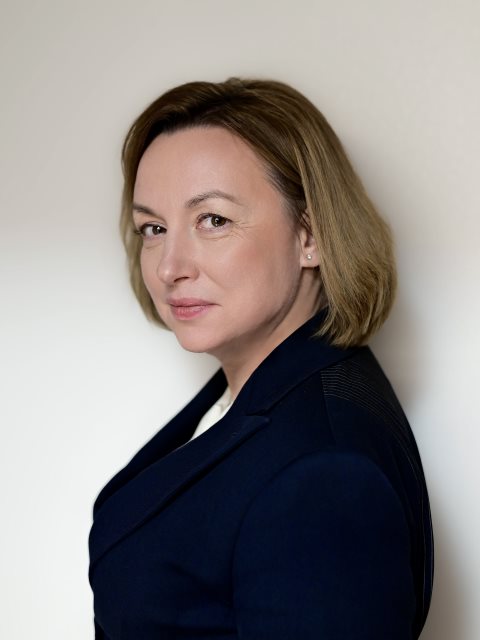
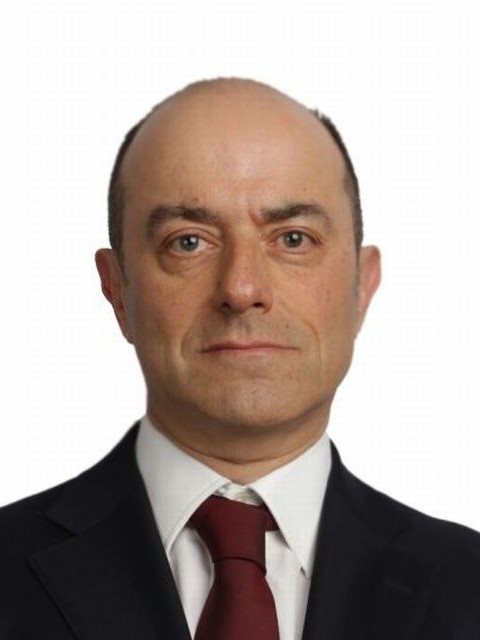
Open event
- 10:45–12:15
- National Center “Russia”, Concert Hall
- Broadcast
Moderators
Speakers

Oksana Drapkina
Director, National Health and Research Centre of Preventive Healthcare, Ministry of Health of the Russian Federation
Anna Meleshina
Managing Director, Magnit Group of Companies
Anastasia Mikhailova
Director of the Сommunications Directorate, Cherkizovo GroupAntonina Starodubova

Mikhail Sterkin
Deputy General Director for Sales and Marketing, PhosAgro
Best regional management practices

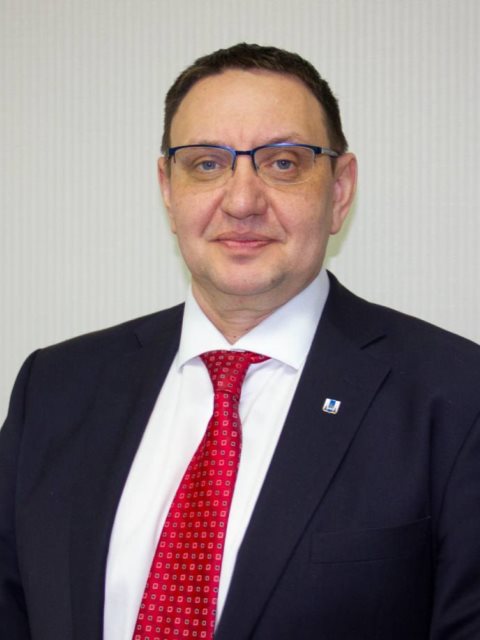

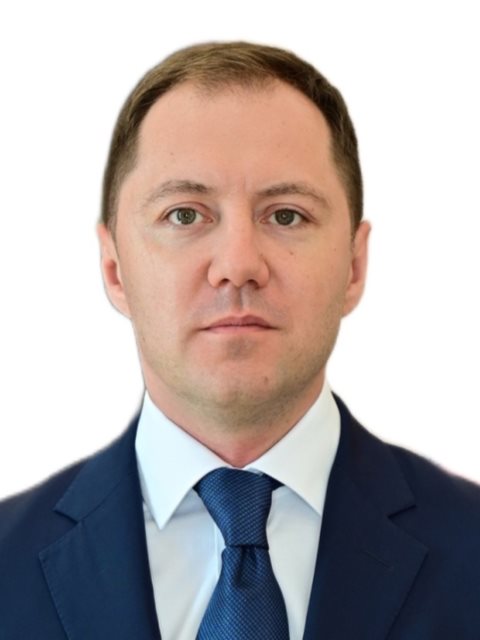

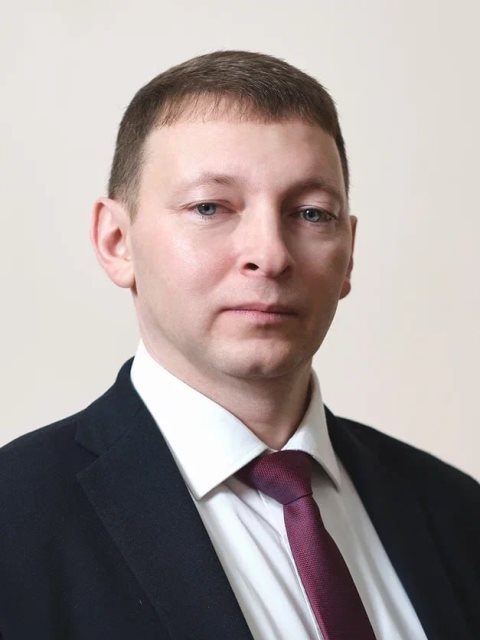
Open event
- 13:00–16:30
- Broadcast
Moderators
Speakers

Dinara Kamurzaeva
Minister of Health of the Karachay-Cherkess Republic
Vladimir Kuznetsov
Minister of Health of the Sakhalin Region
Natalia Loginova
Director, Department of Health of the Tyumen Region
Ayrat Rakhmatullin
Acting Minister of Health of the Republic of Bashkortostan
Yury Shlegel
Acting Chief Physician, "City Children's Dental Clinic" State Healthcare Institution of the Kaliningrad Region
Valery Yakovlev
Minister of Health of the Novgorod Region
Food of the Future: How Will Technology Change Our Diet by 2030?

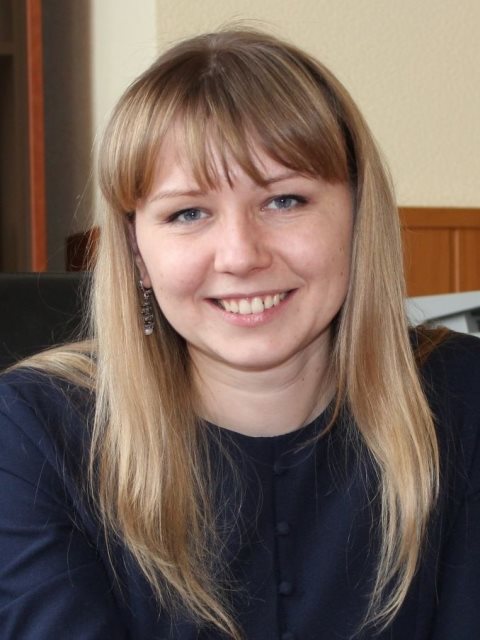
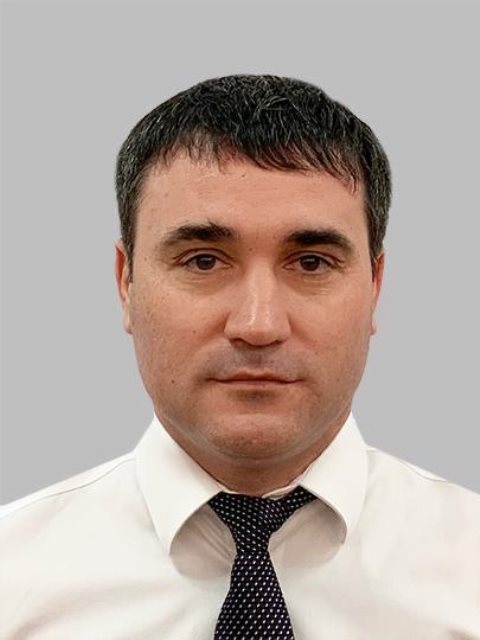
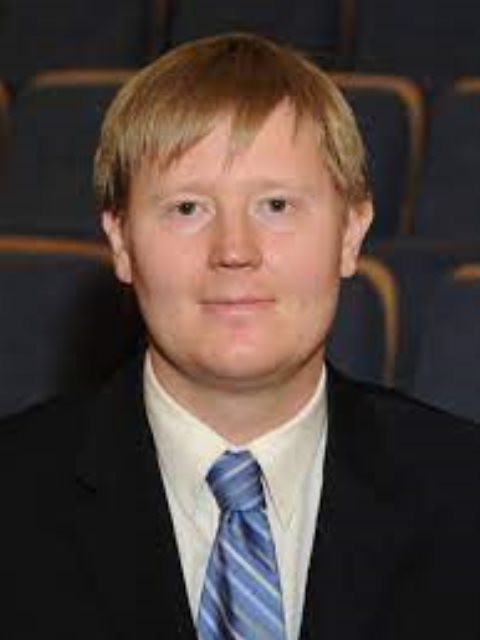
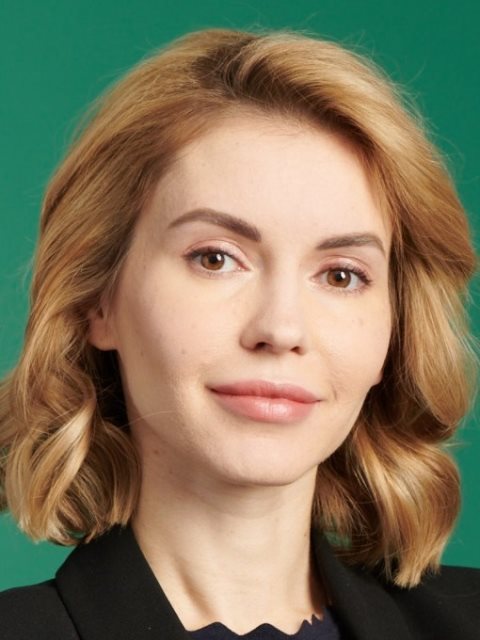

Open event
- 13:15–14:30
- National Center “Russia”, conference hall 2, 2nd floor
- Broadcast
Speakers

Inna Korotenina
Senior Quality Director, Vkusno – i Tochka
Oksana Kuznetsova
Director, V.M. Gorbatov Federal Research Center for Food Systems of the Russian Academy of Sciences
Oleg Markin
Minister of Health of the Republic of Mordovia
Alexey Moskalev
Director, Institute of Biology of Aging and Healthy Longevity Medicine with the Preventive Medicine Clinic of the State Scientific Center of the Russian Federation and the Russian Scientific Center of Surgery named after Academician B.V. Petrovsky of the Ministry of Education and Science of the Russian Federation
Maria Podkopaeva
Director of Sustainable Development, X5 Group
Nadezhda Tyshko
Head of the Laboratory for the Safety Assessment of Biotechnology and New Food Sources, Federal Research Center for Nutrition and Biotechnology
Managing Drug Supply: Trends, Challenges, and Strategies
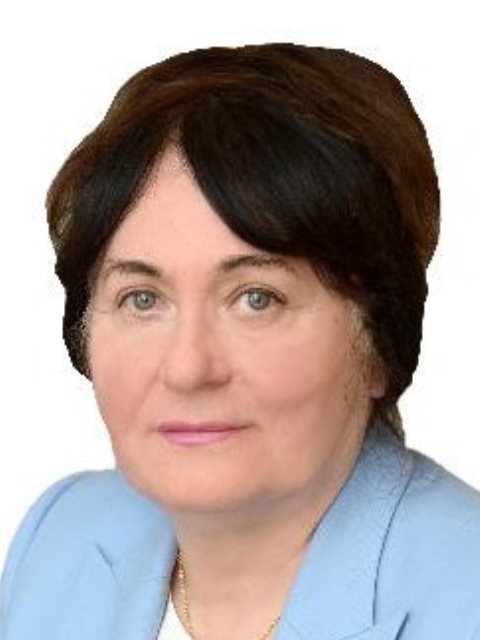
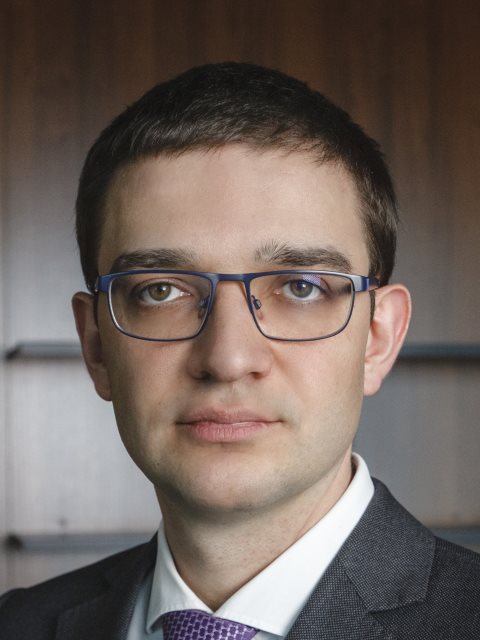

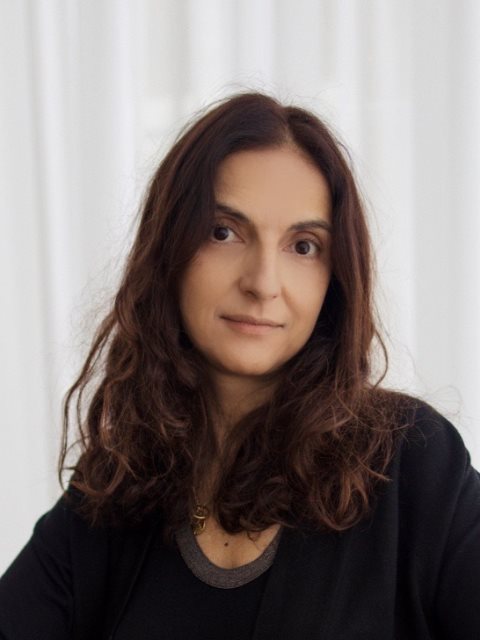
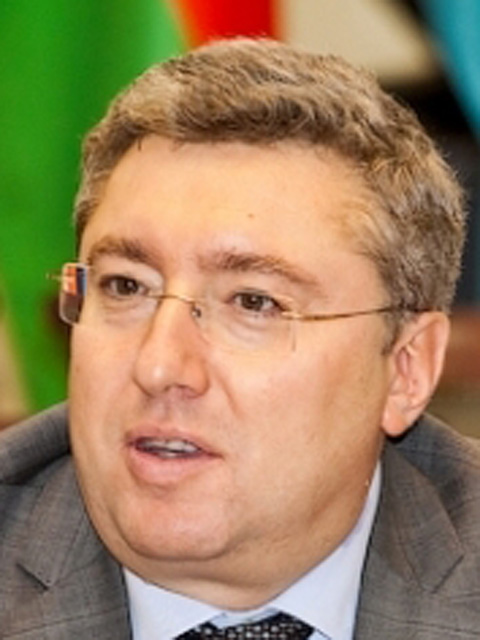
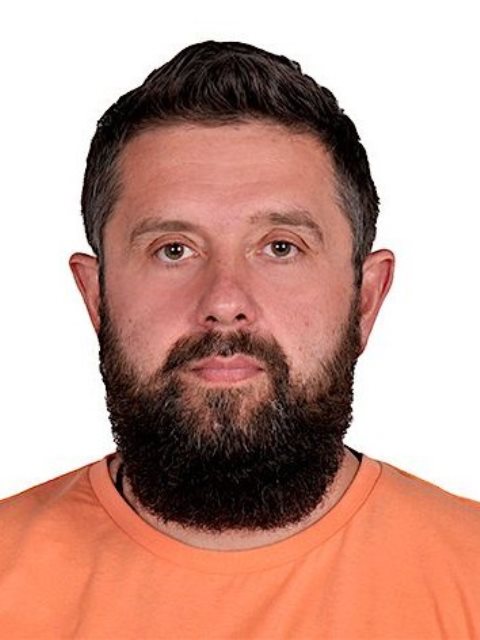
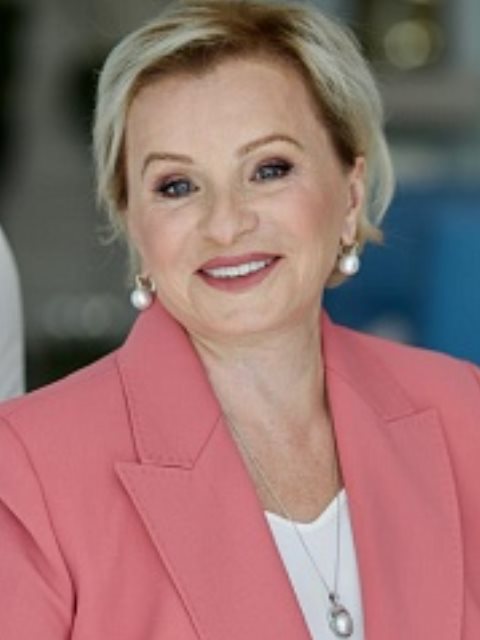
Open event
- 13:15–14:30
- National Center “Russia”, conference hall 3, 2nd floor
- Broadcast
Speakers

Valentina Kosenko
Acting General Director, Scientific Centre for Expert Evaluation of Medicinal Products of the Ministry of Health of the Russian Federation
Dmitry Galkin
Director of Department of Pharmaceutical and Medical Industry Development, Ministry of Industry and Trade of the Russian Federation
Sergey Glagolev
Deputy Minister of Health of the Russian Federation
Alisa Dzhangiryants
Deputy General Director for Ensuring Access of Drugs to the Market and Oncology, Swix Healthcare
Victor Dmitriev
General Manager, Association of Russian Pharmaceutical Manufacturers; Chairman of the Public Council under the Federal Service for Surveillance in Healthcare
Oleg Lavrov
Advisor to the General Director, Innovative Engineering Center
Lyudmila Scherbakova
President, Velpharm Group; member of the Russian party, BRICS Women's Business AllianceFront row participant
Lean Healthcare 3.0
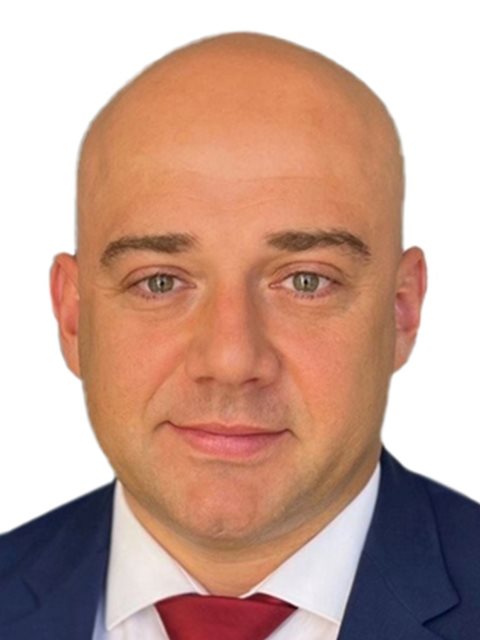
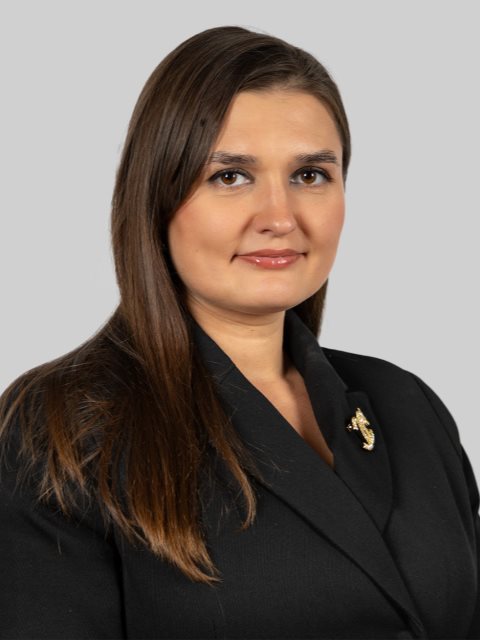

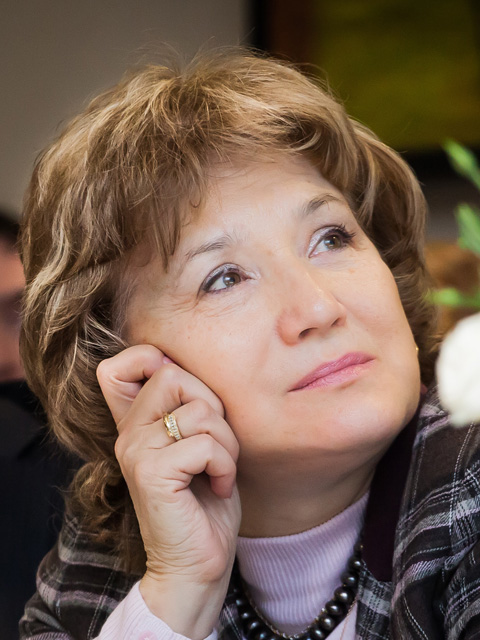
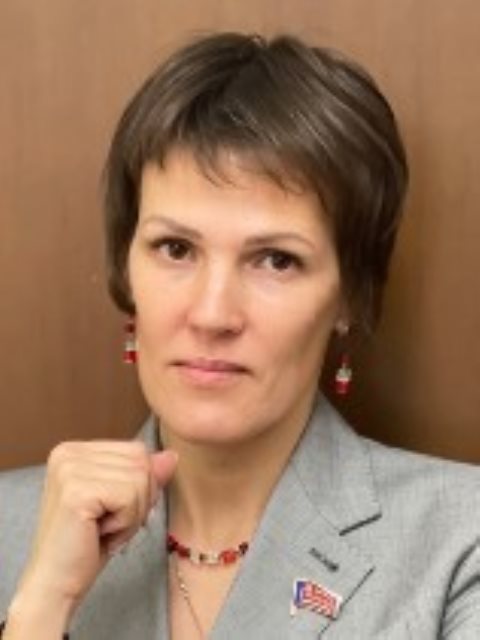
Open event
- 13:15–14:30
- National Center “Russia”, Congress Hall, 2nd floor
- Broadcast
Moderator
Speakers

Sergey Bagin
Minister of Health of the Udmurt Republic
Svetlana Gorchakova
Director of the Department of Labor Productivity, Protection and Promotion of Capital Investments, Ministry of Economic Development of the Russian Federation
Evgeny Kamkin
Deputy Minister of Health of the Russian Federation
Larisa Popovich
Director, Institute for Health Economics, National Research University Higher School of Economics
Irina Filatova
Member of the Committee State Duma of the Federal Assembly of the Russian Federation on Competition Committee
Regional Healthcare HR Centres: A Target Model
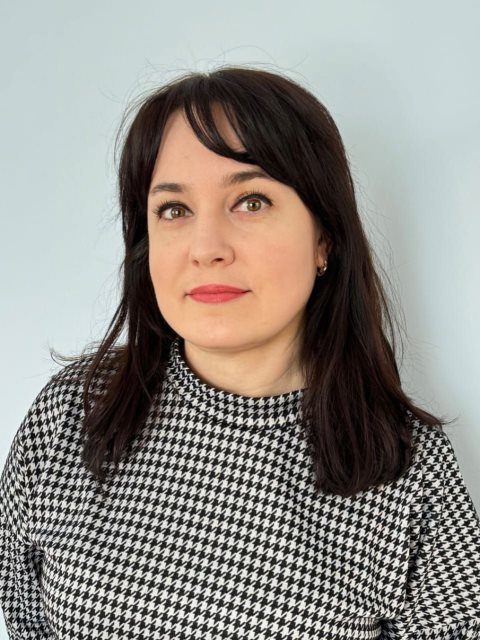

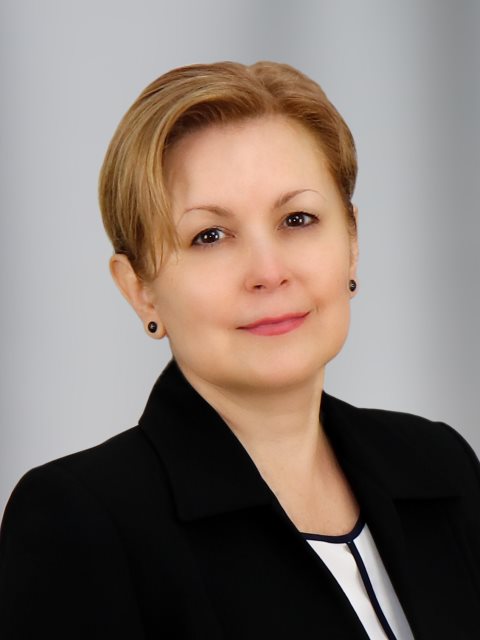
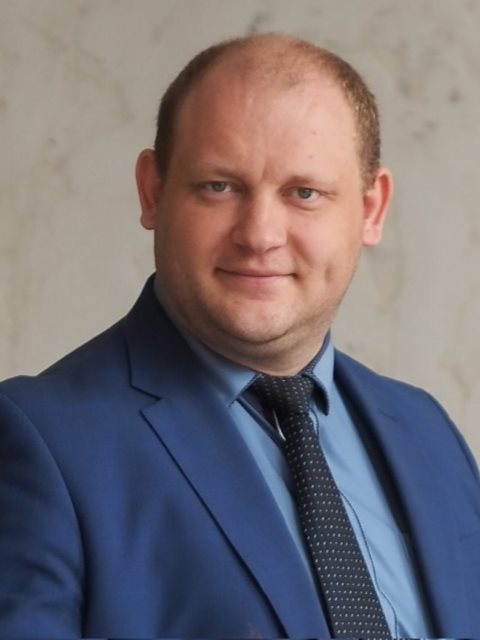
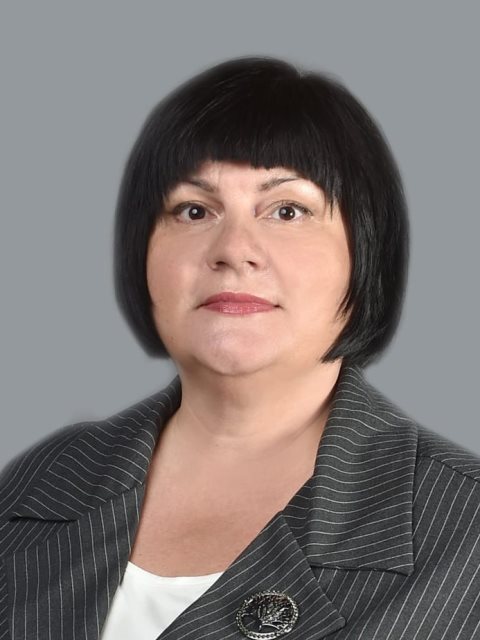
Open event
- 15:00–16:15
- National Center “Russia”, conference hall 4, Space of Opportunities, 2nd floor
- Broadcast
Speakers

Yulia Vladimirova
Head of the State Autonomous Institution of the Tyumen Region "Medical Information and Analytical Center" of the Tyumen Region
Vladimir Kuznetsov
Minister of Health of the Sakhalin Region
Guzel Lashina
Director, Center for Advanced Training of the Republic of Bashkortostan
Artem Narkevich
Director of the Department of Medical Education and Personnel Policy in Healthcare, Ministry of Health of the Russian Federation
Olga Skripkina
Head of the Coordination Center for the Federal Project "Medical Personnel", Federal State Budgetary Institution "Central Research Institute for Health Organization and Informatization" of the Ministry of Health of the Russian Federation
International Cooperation on Healthy Eating


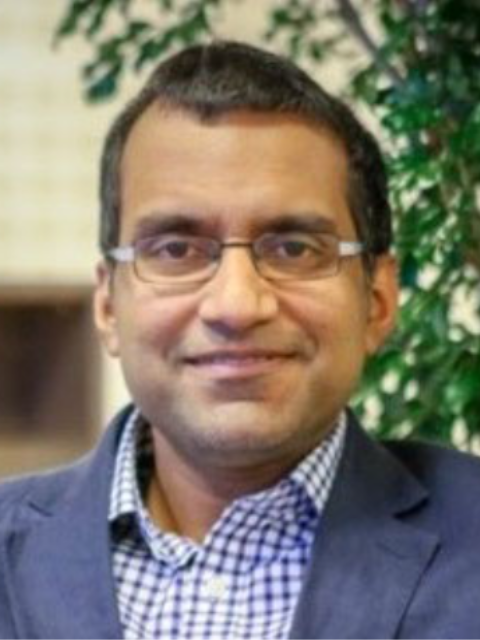
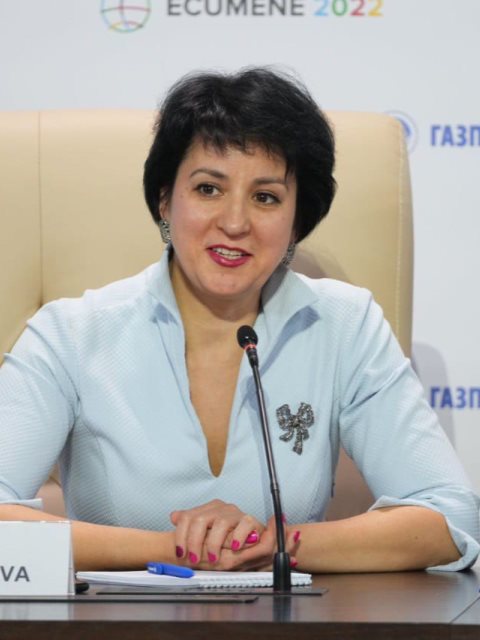
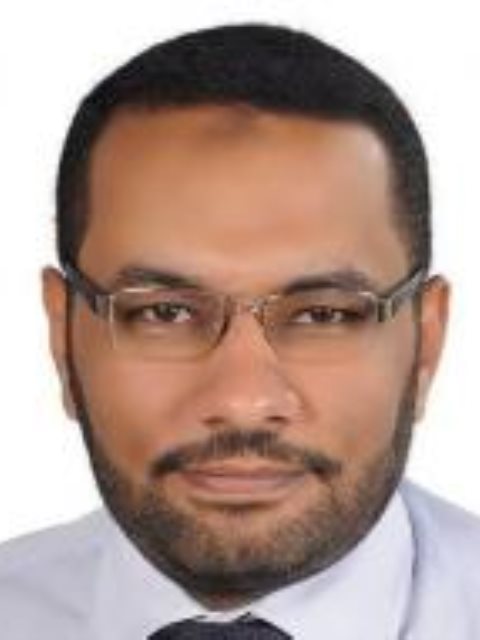

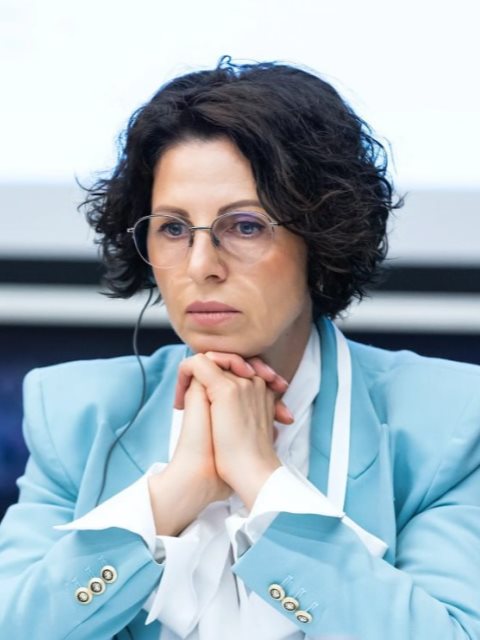

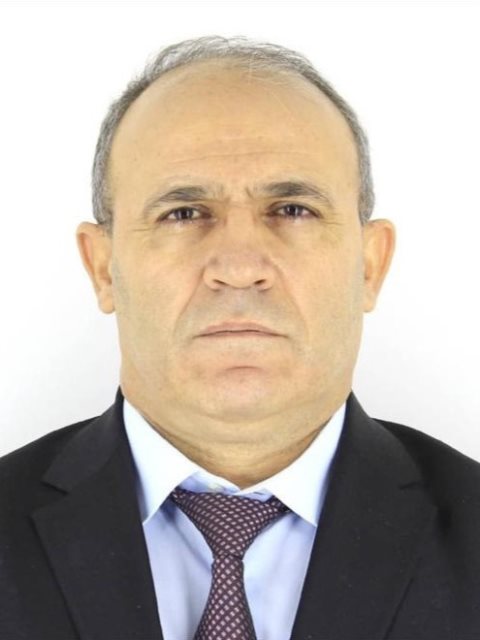
Open event
- 15:00–16:15
- National Center “Russia”, conference hall 3, 2nd floor
- Broadcast
Speakers

Dr. Dabia Hamad Al-Mohanadi
online Director, Qatar Metabolic Institute (QMI)
Dr. Buthaina Ibrahim Al Owinati
online Director, National Obesity Treatment Center, Hamad Medical Corporation, Doha (HMC)
Kremlin Wickramasinghe
online Regional Adviser on Nutrition, Physical Activity and Obesity, Regional Office for Europe, World Health Organization
Yulia Mihaleva
Deputy Director, Russian Quality System (Roskachestvo)
Mohamed Hassany
online Assistant to the Minister of Health for Public Health Projects and Initiatives, Egypt Healthcare Authority
Dr. Nomathemba Chandiwana
online Chief Scientific Officer, Desmond Tutu Health Foundation (South Africa)
Elena Shamal
Advisor to the Department for Cooperation in Political, Humanitarian and Social Spheres, Executive Committee of the Commonwealth of Independent States
Dr. Tania Margarita Cruz Hernandez
online First Deputy Minister of the Ministry of Health of Cuba
Salomuddin Yusufi
First Deputy Minister of Health and Social Protection of the Population of the Republic of Tajikistan
Artificial Intelligence in Real Practice

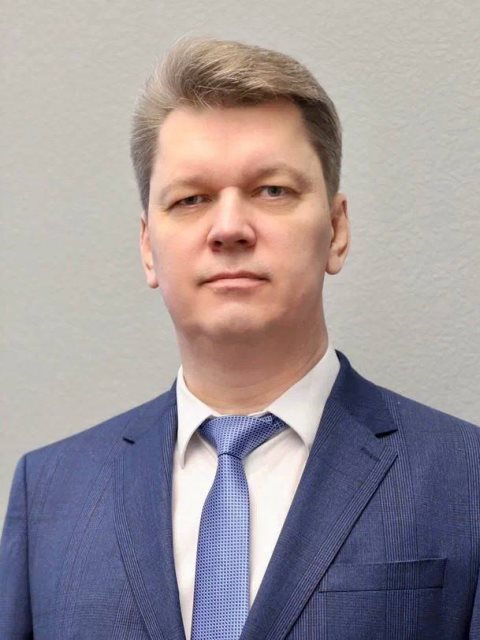
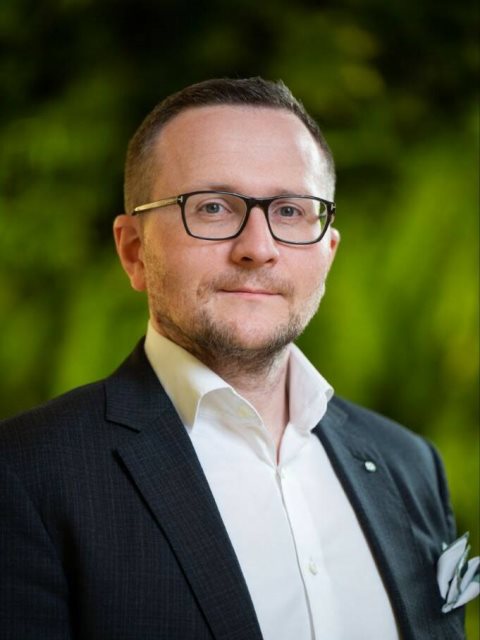


Open event
- 15:00–16:15
- National Center “Russia”, press room, 4th floor
- Broadcast
Speakers

Igor Banin
Minister of Health of the Voronezh Region
Vadim Vankov
Deputy Minister of Health of the Russian Federation
Sergey Zhdanov
Managing Director, Director of the Health Industry Center, Sberbank
Anna Mesheryakova
Chief Executive Officer, Third Opinion Platform
Larisa Popovich
Director, Institute for Health Economics, National Research University Higher School of EconomicsFront row participant
Industrial Medicine: How to Maintain Worker Health
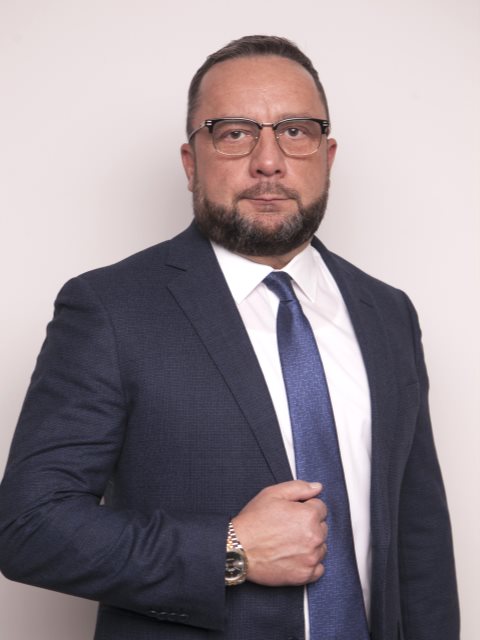
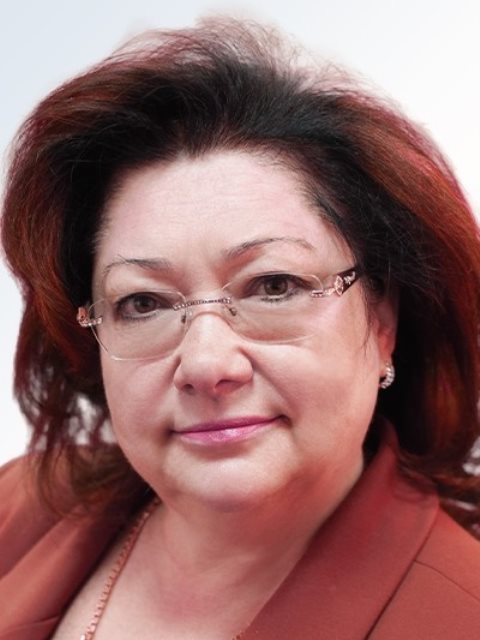
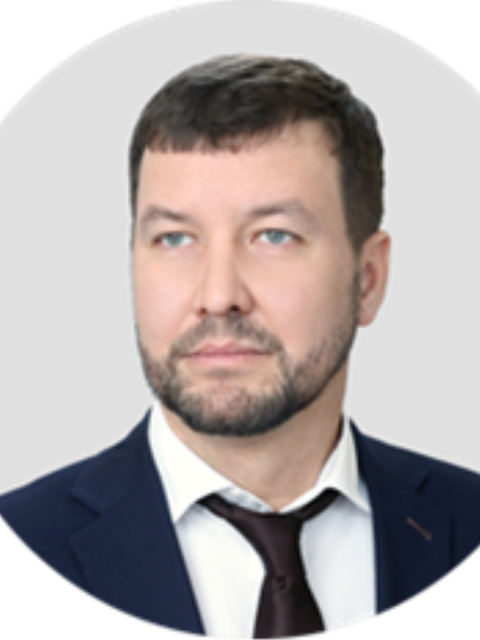
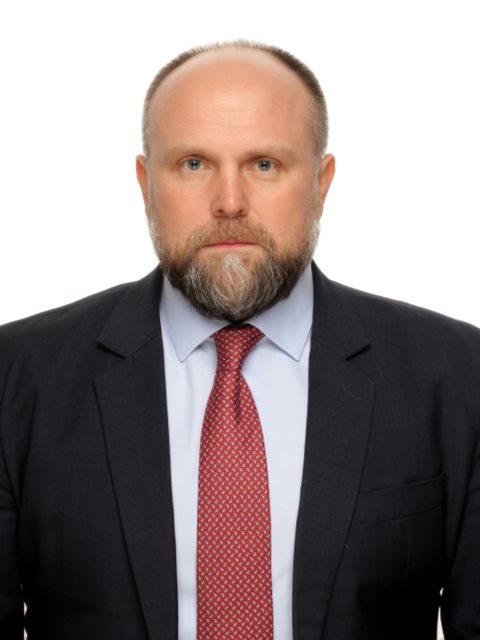


Open event
- 15:00–16:15
- National Center “Russia”, Congress Hall, 2nd floor
- Broadcast
Speakers

Sergey Antipov
President, National Association "Inotzdrav"; Chairman of the Board of Directors, Center for Corporate Medicine Group of Companies
Lyudmila Kuzmina
Deputy Director for Research, Research Institute of Occupational Medicine named after Academician N.F. Izmerova
Georgy Molebnov
Director, Department of Occupational Health and Safety, Ministry of Labour and Social Protection of the Russian Federation
Andrey Plutnitsky
Deputy Minister of Health of the Russian Federation
Aleksandr Rozanov
Director, Association of Medical Specialists on Risk Modification
Olga Turenko
Head of the Department of Organization of Medical Care and Industrial Medicine, Federal Medical-Biological Agency of the Russian FederationFront row participant
Closing Ceremony of the Congress
- 16:45–18:15
- National Center “Russia”, Concert Hall
- Broadcast
